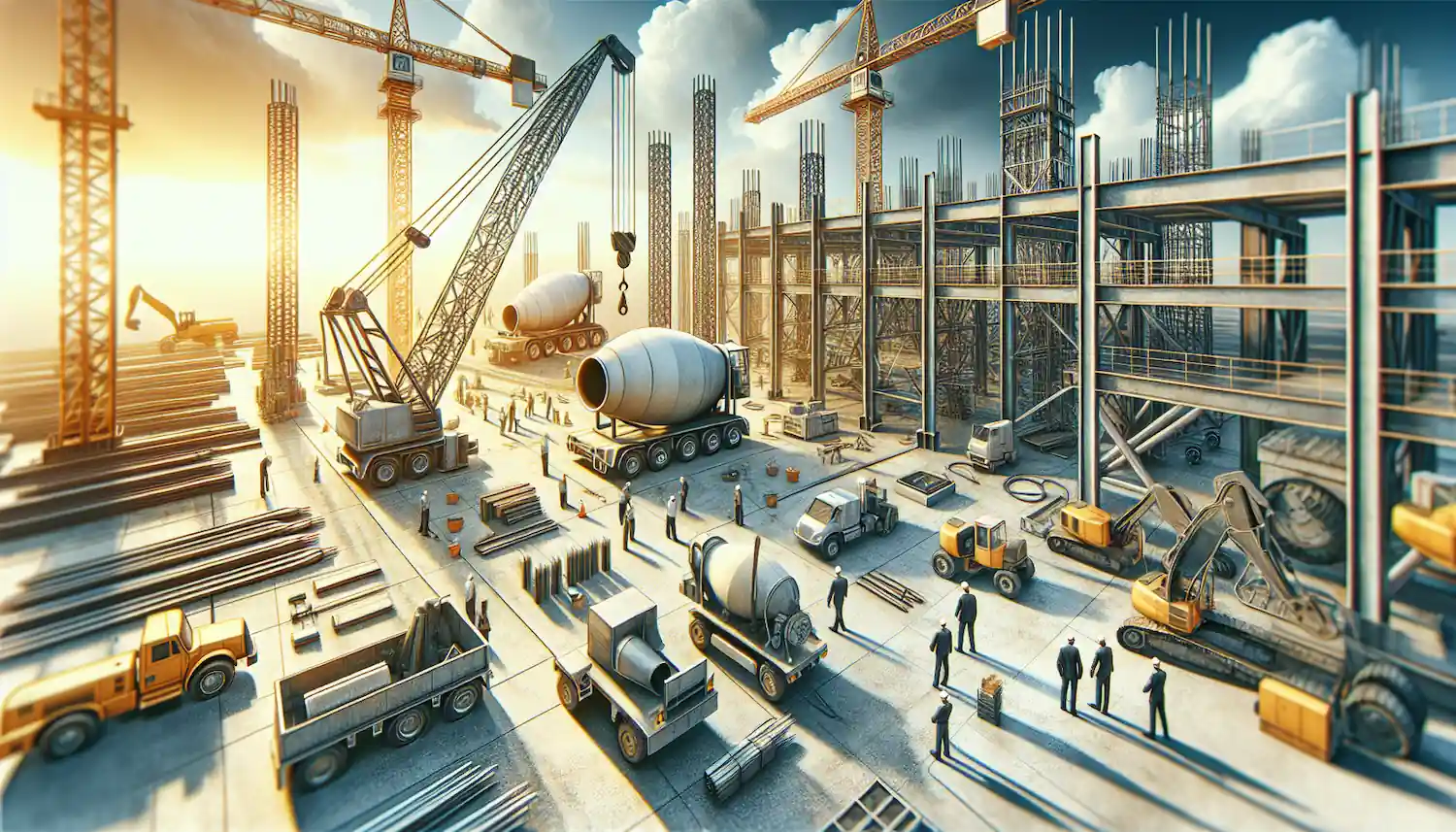Choosing the Right Road Construction Equipment: A Complete Guide
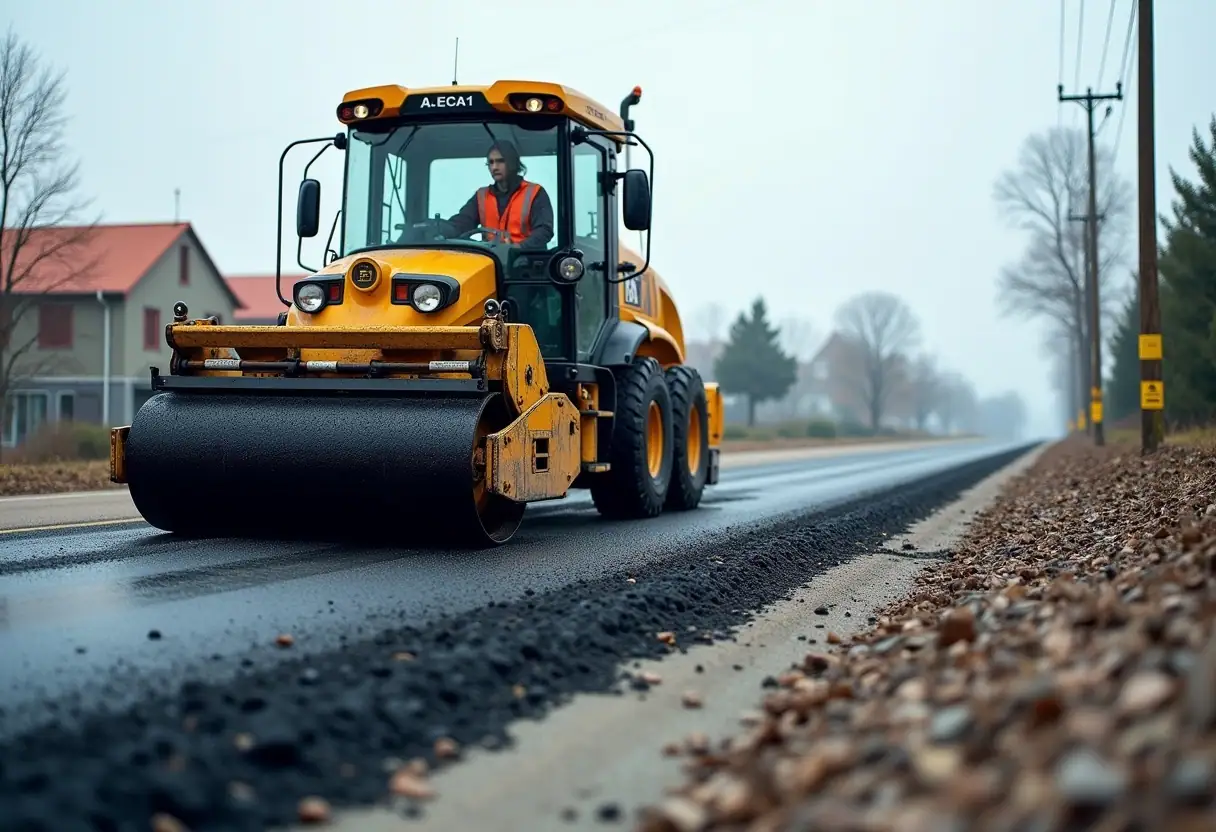
In this comprehensive guide, you'll learn about different categories of highway construction equipment, explore key factors to consider when selecting heavy construction equipment for your projects and share best practices for efficient equipment usage, discover how advanced technologies are revolutionizing the construction industry, making road building more precise and cost-effective than ever before.
Understanding Different Types of Road Construction Equipment
Earthmoving Equipment
Earthmoving equipment is crucial for clearing land and creating level surfaces in highway construction. This category includes bulldozers, excavators, and road graders. Bulldozers are versatile construction machines used in the initial phases for clearing and leveling terrain. Excavators, available in various sizes, are employed for digging, crushing, and loading materials. Articulating dump trucks efficiently excavate, load, and transport large volumes of soil or gravel.

Paving Equipment
Road paving equipment is used to lay and smooth asphalt concrete, concrete, and other materials for roads and parking lots. Asphalt road construction machines like asphalt finishers play a vital role in ensuring the quality and durability of paved road surfaces. These road paving machines spread and smooth asphalt before it's compacted by rollers. Motor graders create flat soil surfaces ready for pavement, using an adjustable blade called a moldboard.
Compaction Equipment
Compaction equipment is essential for creating stable foundations for roads. Soil compactors apply pressure to reduce air voids and increase density, strength, and load-bearing capacity. Common types include vibratory rollers, tampers, and plate compactors. Smooth drum rollers are used to guarantee the smoothness and stability of the asphalt layer.

To get a free sourcing machinery or parts consultation and a free quote, contact MCH Parts.
Essential Earthmoving Equipment for Road Construction
Excavators and Bulldozers
Excavators are versatile construction vehicles crucial for road construction. They're equipped with a bucket, boom, and arm, allowing them to dig trenches, demolish structures, and lift heavy objects. Bulldozers, with their metal bucket plates, are used to push, carry, and condense loose materials. These heavy construction vehicles are essential for earthmoving and shaping the construction site, proficient in leveling the ground and clearing land.
Motor Graders
Motor graders play a vital role in road construction. They're used to level and shape the ground, creating a smooth and even road surface. These road making machines have a long, adjustable blade that can be used to grade and smooth the soil, ensuring a proper foundation for the road. Motor graders typically follow behind bulldozers to refine and smoothen the graded surface further.

Wheel Loaders and Dump Trucks
Wheel loaders are versatile construction heavy equipment used to load and transport materials such as soil, gravel, and asphalt during road construction projects. Heavy-duty trucks like dump trucks are essential for transporting and unloading large quantities of materials at the construction site. They have an open-top bed that can be raised to dump the contents, making them crucial for material handling and placing materials.
To get a free sourcing machinery or parts consultation and a free quote, contact MCH Parts.
Factors to Consider When Choosing Road Construction Equipment
Project Requirements
When selecting road building machinery, you need to consider the specific project requirements. Different types of roads, such as highways, urban roads, and rural roads, demand unique paving machinery. For instance, highway projects often require heavy duty machinery like asphalt drum mix plants and large pavers, while urban road construction might need more maneuverable machines due to space constraints.
Equipment Specifications
The scale and timeline of your project significantly influence heavy equipment choices. Large-scale projects with tight deadlines demand high-capacity machines that can operate efficiently for long hours. Consider factors such as equipment size, fuel efficiency, and operator comfort. Ergonomically designed equipment reduces operator fatigue and improves efficiency.

Cost and Budget
Balancing cost with quality and efficiency is crucial. While high-performance machinery may have a greater upfront cost, it can lead to long-term savings through improved productivity and reduced maintenance. Conduct a cost-benefit analysis to understand the total cost of ownership, including purchase price, operating costs, maintenance, and potential downtime.
Maintenance and Support
Regular maintenance is crucial for ensuring the longevity and efficiency of road construction equipment. Consider the quality of after-sales support, including comprehensive warranties and service contracts. Easy access to spare parts is vital for maintaining equipment efficiency and reducing downtime.
To get a free sourcing machinery or parts consultation and a free quote, contact MCH Parts.
Best Practices for Efficient Equipment Selection and Usage
Proper Training and Safety Measures
To ensure efficient equipment selection and usage, proper training is crucial. Implement comprehensive safety training programs that cover hazard recognition, safe work practices, and equipment-specific operation. Regular safety drills and up-to-date training materials help create a safety-first mindset. Hands-on training and practical demonstrations give employees a clear understanding of how to properly use and maintain safety equipment.
Regular Maintenance and Inspections
Conduct routine inspections to catch minor issues before they become larger problems. Implement both preventative and reactive maintenance schedules. Train operators to inspect each piece of equipment before use, including the exterior, interior, tracks, and tires. Adhere to manufacturer-recommended maintenance schedules to keep your fleet functioning at a high level.
Optimizing Equipment Fleet
To optimize your equipment fleet, consider project scale, site conditions, and financial constraints. Choose machines that your business will get the most use out of, considering both short-term and long-term needs. Implement load optimization techniques to boost efficiency, such as selecting appropriate bucket or blade sizes and maintaining smooth operations.
To get a free sourcing machinery or parts consultation and a free quote, contact MCH Parts.
Advanced Technologies in Road Construction Equipment
GPS and Machine Control Systems
GPS technology has revolutionized road construction equipment, providing precise location information in real-time. By utilizing satellite networks, GPS receivers on machinery can determine their exact position, enhancing accuracy and productivity. Machine control systems integrate GPS data with 3D site models, allowing equipment to operate with millimeter-level precision. This technology has transformed earthmoving operations, making them more efficient, safer, and cost-effective.

Telematics and Fleet Management
Telematics systems have become powerful allies for work truck fleet managers, offering real-time data and insights. These systems enable managers to track vehicle locations, monitor driver behavior, and schedule maintenance tasks based on actual usage. Telematics also provides valuable information on fuel consumption patterns and idle times, allowing for the implementation of fuel-saving strategies. This technology has significantly improved operational efficiency and reduced costs in road construction projects.

Autonomous and Semi-Autonomous Equipment
The development of autonomous and semi-autonomous construction equipment is rapidly advancing. Caterpillar has showcased a semi-autonomous Compact Track Loader that can be operated remotely and perform tasks without human intervention for portions of its work cycle. This technology allows one operator to control multiple machines simultaneously, increasing productivity and safety on construction sites. The integration of artificial intelligence and the Internet of Things is further enhancing the capabilities of autonomous equipment, enabling real-time decision-making based on current conditions.
To get a free sourcing machinery or parts consultation and a free quote, contact MCH Parts.
Conclusion
The world of road construction equipment has come a long way, with cutting-edge technologies transforming how we build and maintain our infrastructure. From powerful earthmoving machines to precise paving equipment, each piece plays a crucial role in creating safe and durable roads. The right choice of equipment has a significant impact on project efficiency, costs, and timelines, making it essential to consider factors like project requirements, specifications, and long-term value when selecting machinery.
As the industry continues to evolve, staying informed about the latest advancements in road construction equipment is key to staying competitive. GPS technology, telematics, and autonomous systems are revolutionizing the field, boosting productivity and safety on construction sites.
To make the most of these innovations and ensure your business benefits from top-tier equipment and service, consider reaching out to MCH Parts for a free sourcing machinery or parts consultation. By embracing these technologies and making informed decisions, we can pave the way for smoother, more efficient road construction projects in the future.
FAQs
1. What should be considered when selecting construction equipment?
When choosing construction equipment, it's important to evaluate the size and scope of your project, the versatility and adaptability of the equipment, its country of origin, and the availability of parts. Additionally, consider the servicing options and availability of specialists, how suitable the equipment is for local operations, the expertise required to handle the equipment, and the overall user experience.
2. What are key factors to consider in the selection of construction equipment?
Key factors to consider include the cost and scope of the project, the conditions of the job site, the size of the equipment, and any attachments that may be needed. Also, assess the required training and certification for operating the equipment, as well as considerations for marking and site grading, landscaping, demolition, and transporting materials.
3. What types of equipment are commonly used in road construction?
Typical equipment used in road construction includes semi-trucks, cranes, loaders, asphalt mixers, road rollers, graders, excavators, and forklifts. The scale of the project may dictate whether a full fleet of vehicles is necessary or if a smaller set, such as a grader, roller, and excavator, would suffice.
4. How should equipment be selected for a construction project?
Equipment selection for a construction project should be based on the environmental conditions of the work site, such as temperature and terrain. Considerations should also include the desired level of noise and ground impact acceptable to the client. Choosing the right equipment involves ensuring it can perform effectively under the specific conditions encountered during the project.
Read More

Top Hydraulic Components for Agricultural Equipment in 2025: Complete Guide
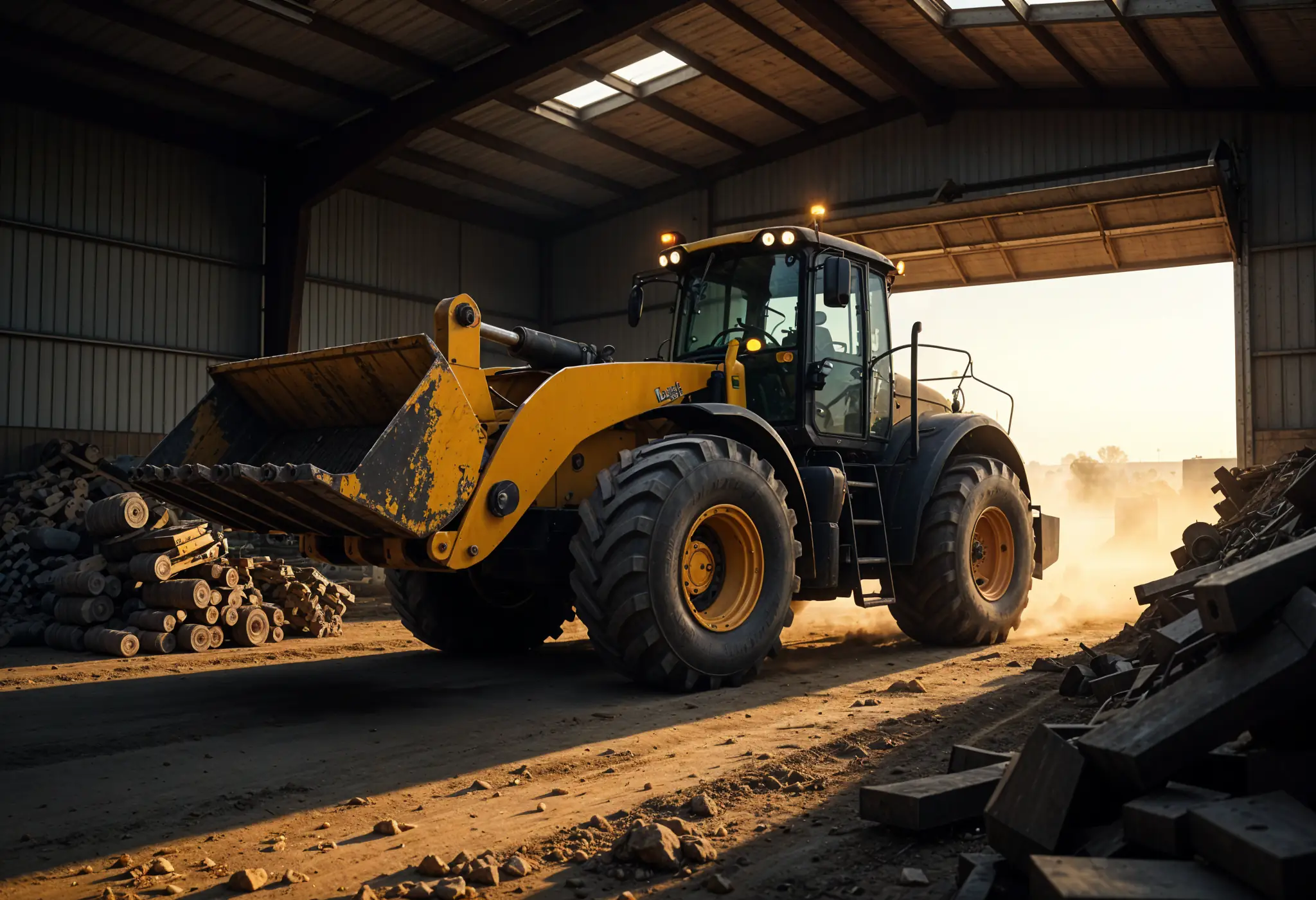
The Essential Farm Equipment Parts You Can't Afford to Run Out Of
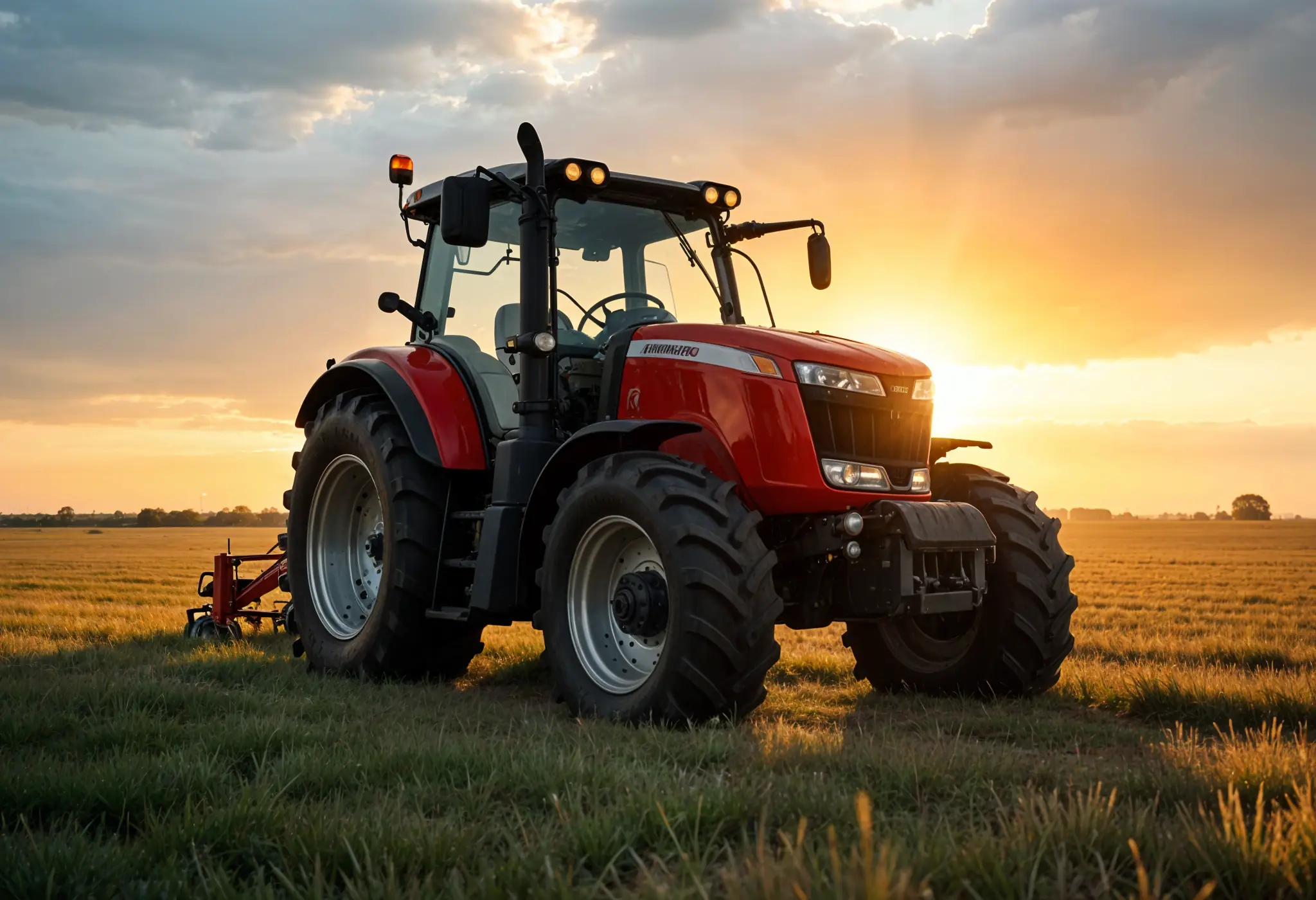
How to Service Farm Equipment: A Farmer's Guide to Zero Harvest Downtime
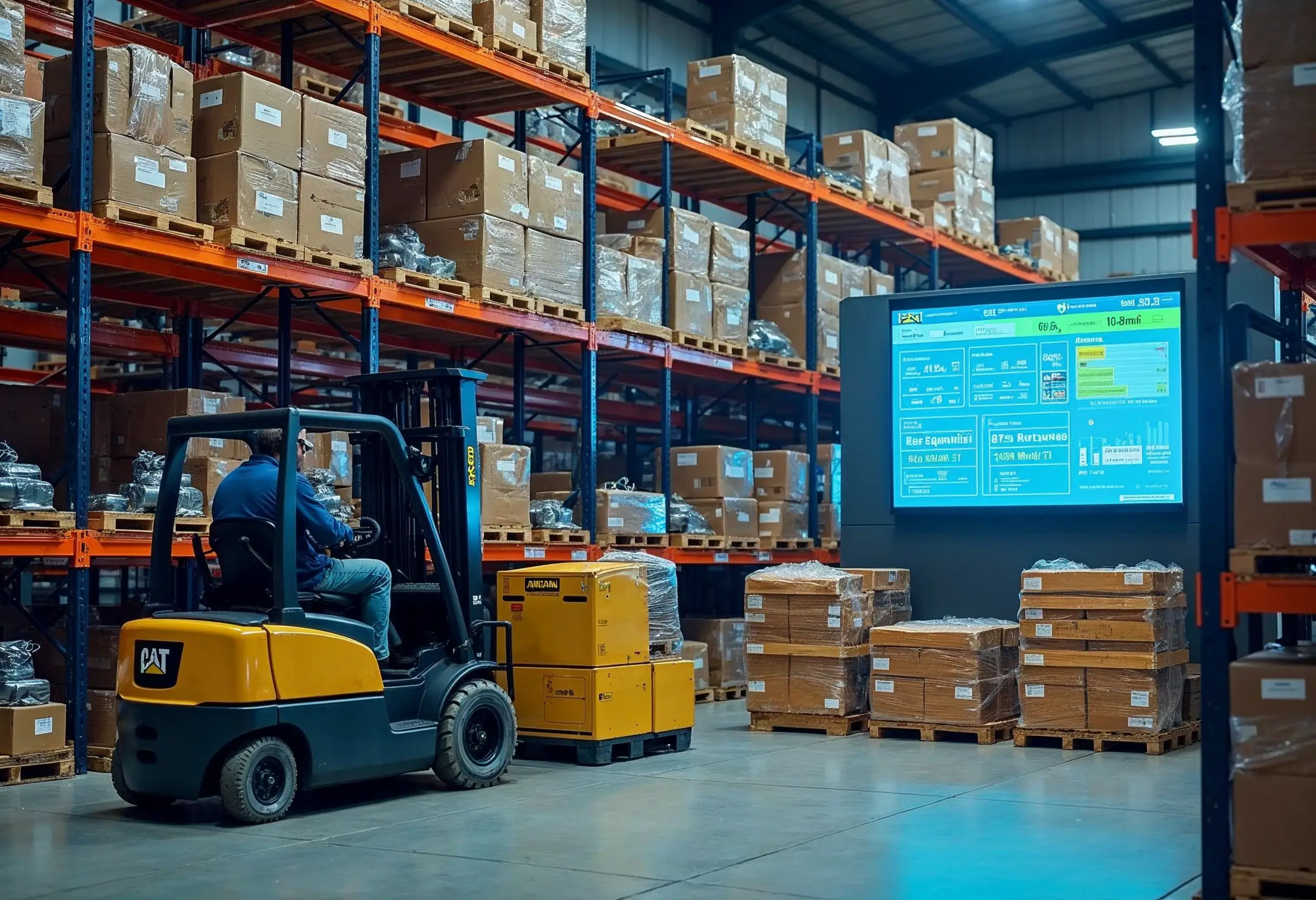
Construction Machinery Parts Suppliers: Expert Selection Guide
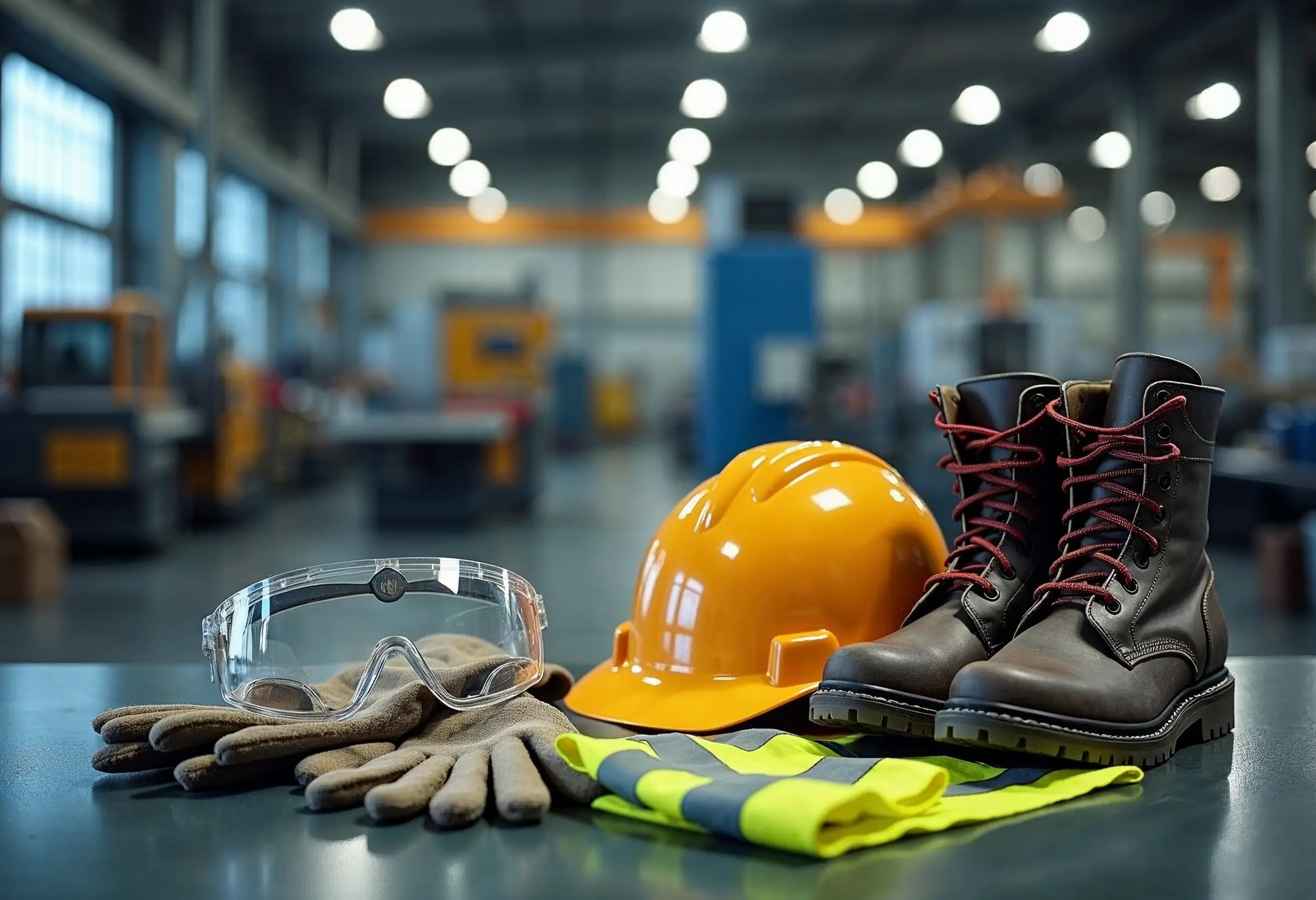
How to Apply Machine Safety Rules: From Selection to Installation

Smart Diagnostics Cut Heavy Equipment Failures by 73%
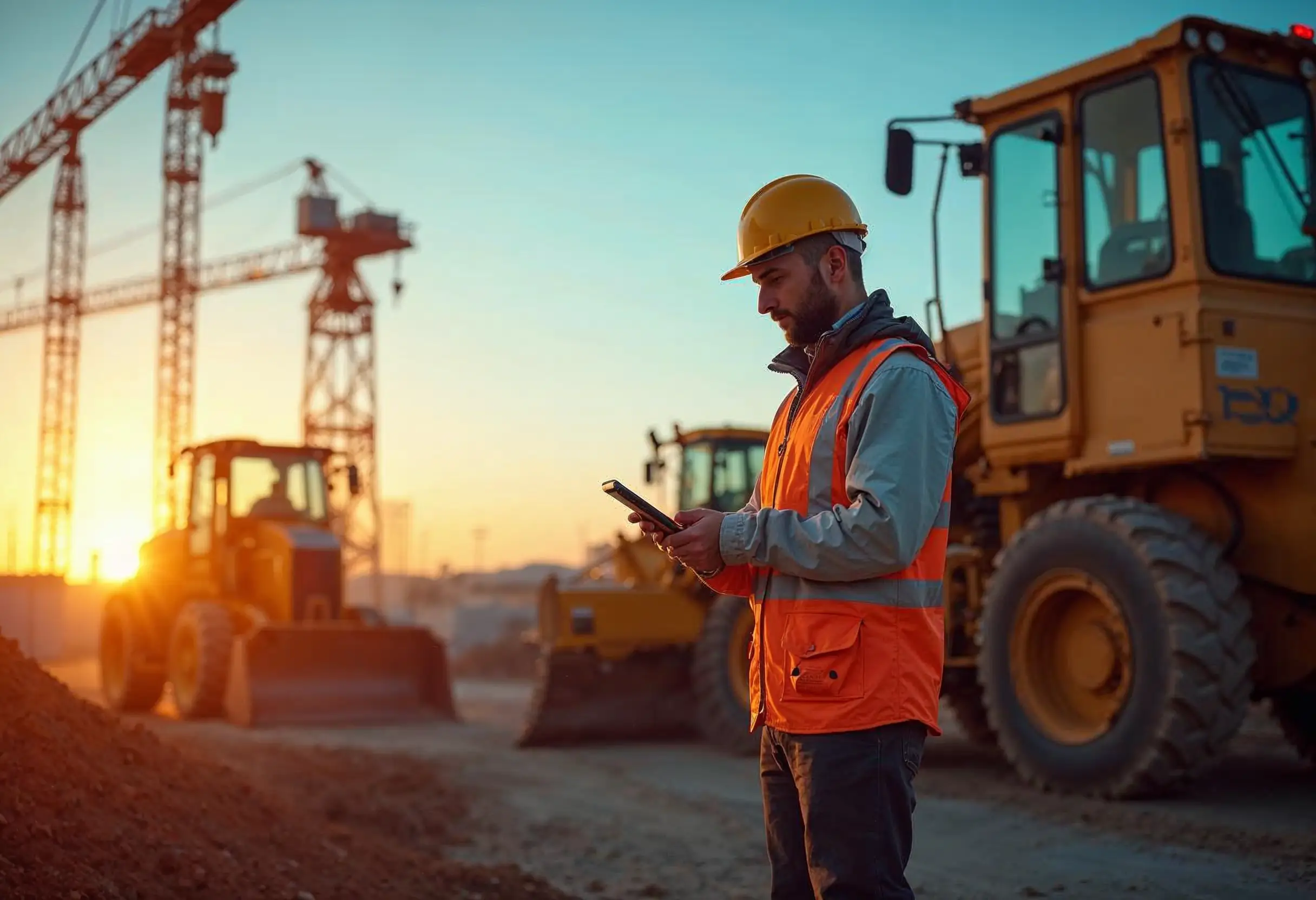
5 Ways to Assess the Environmental Impact of Heavy Construction Machinery
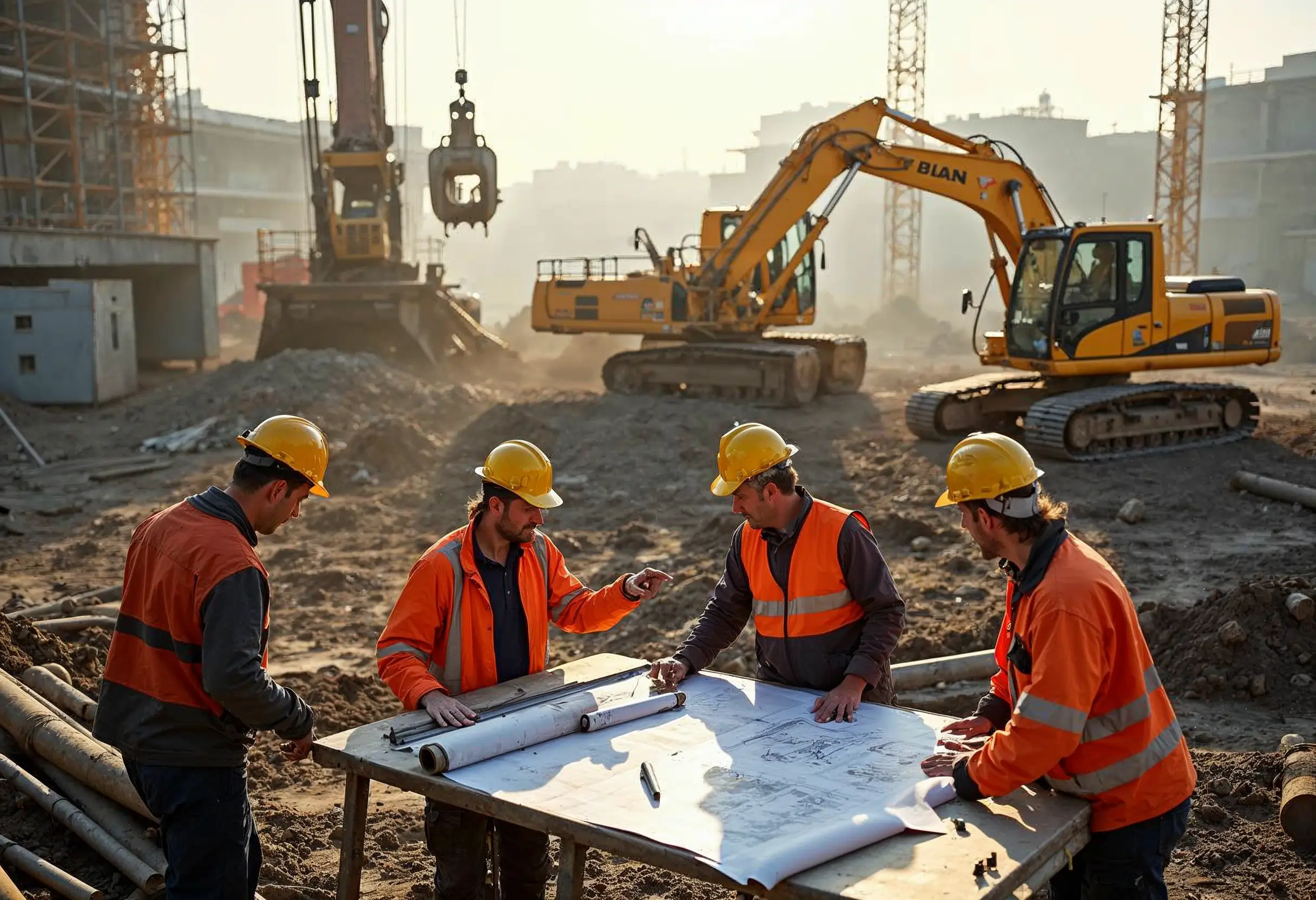
10 Smart Ways to Pick Construction Machinery for 2025 Projects
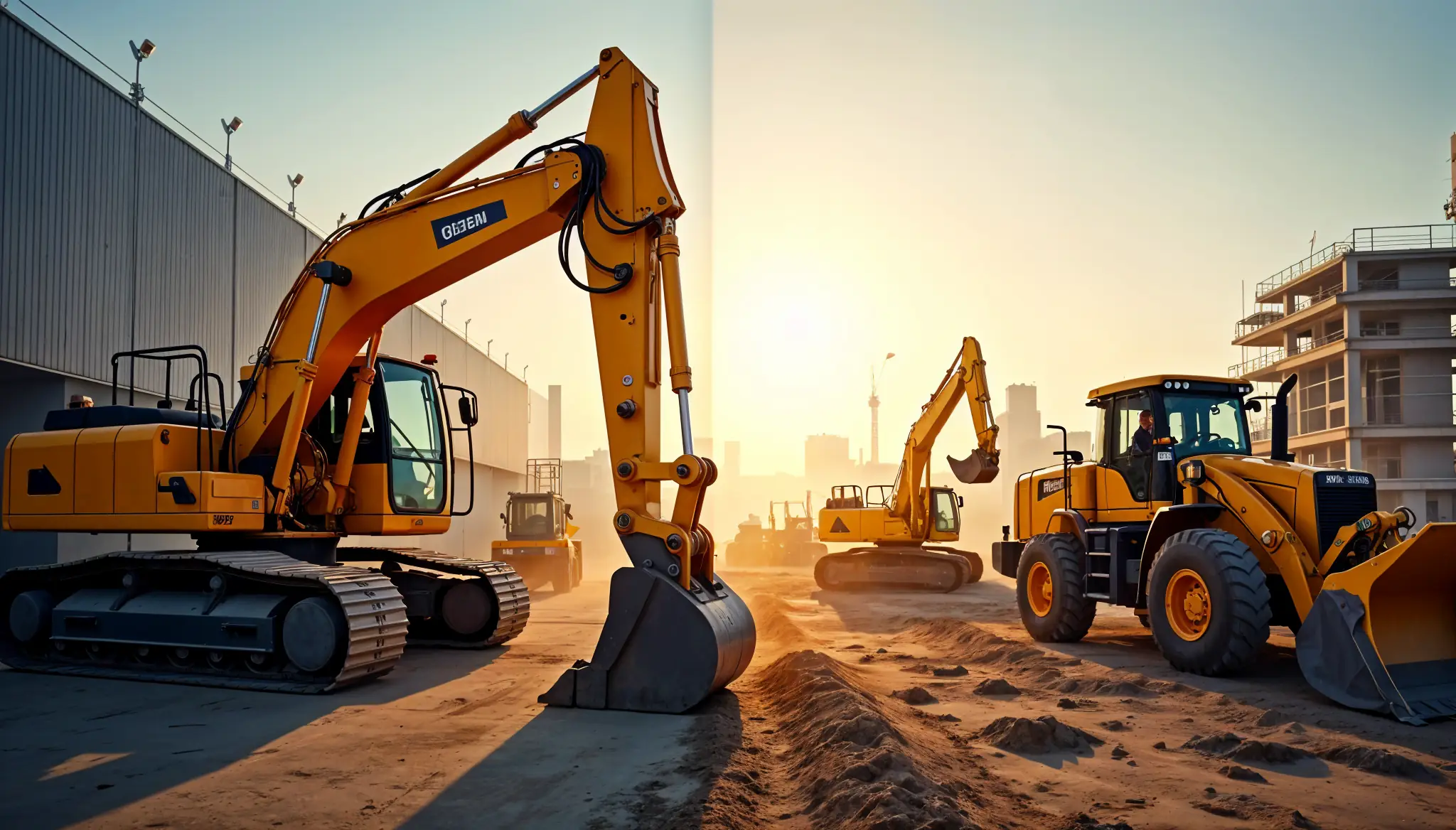
Rent vs Purchase Equipment: What Heavy Industry Experts Hide
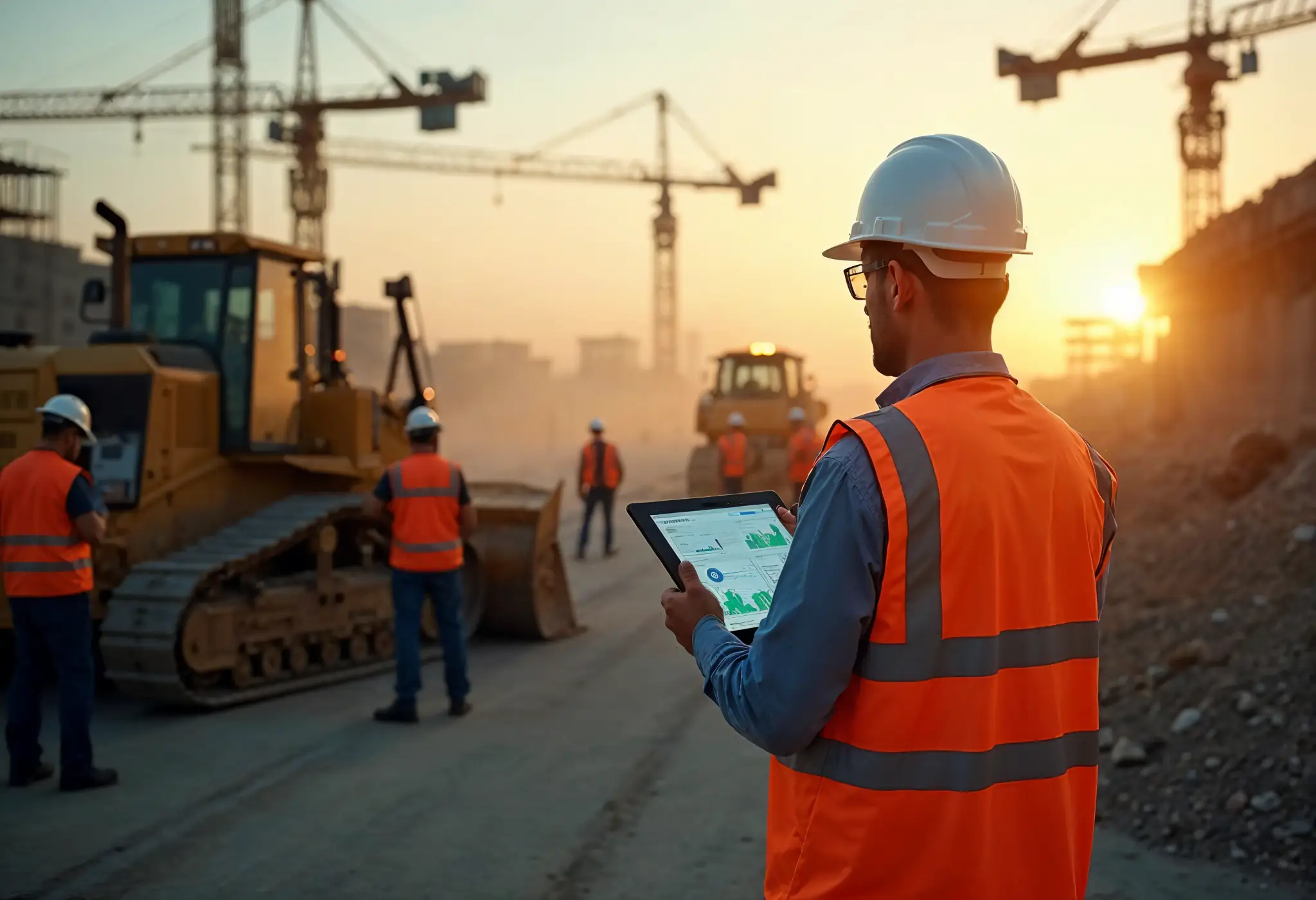
How to Implement a Construction Inventory Management System for Equipment Efficiency
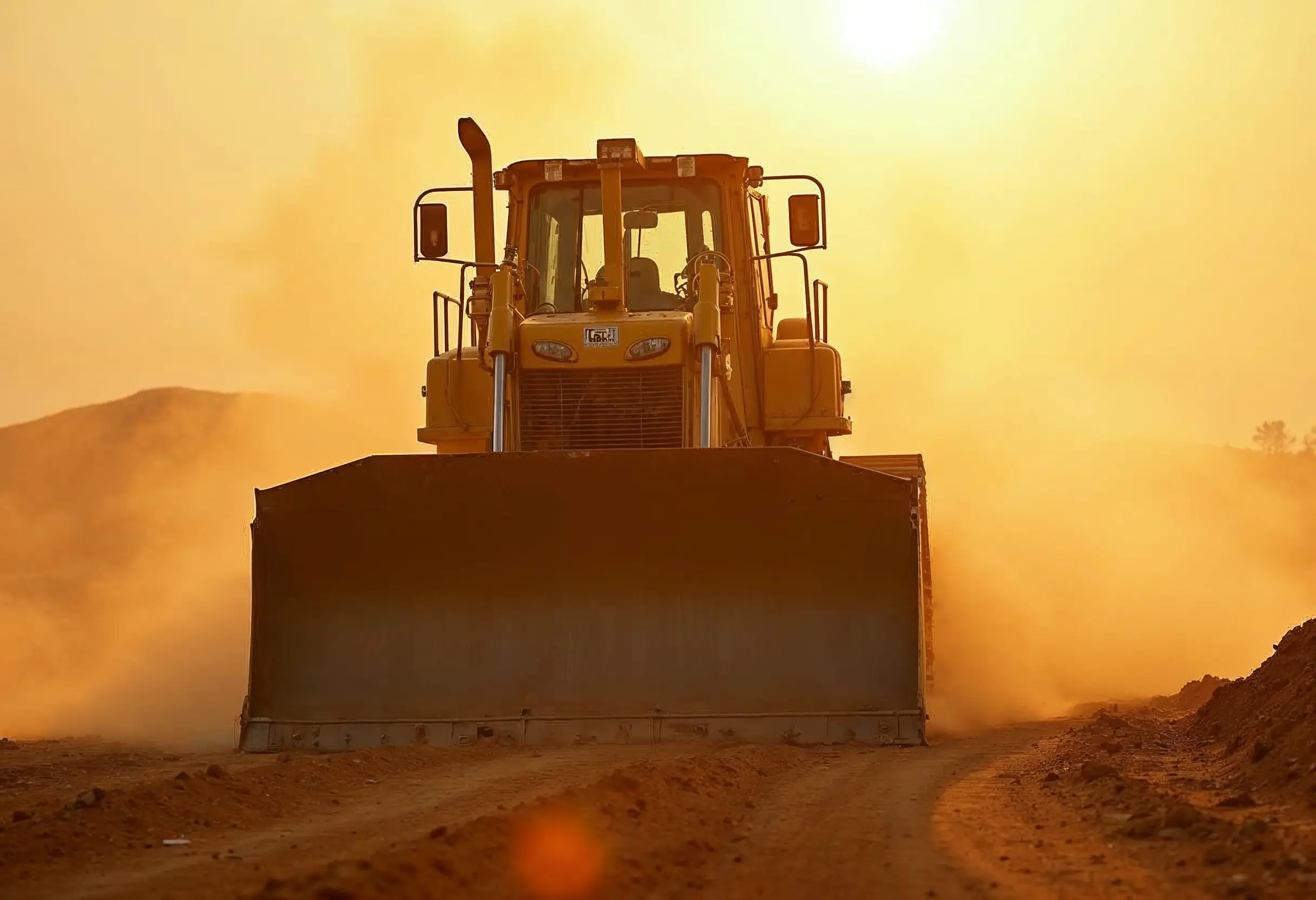
How to Extend Equipment Life Expectancy with Regular Maintenance
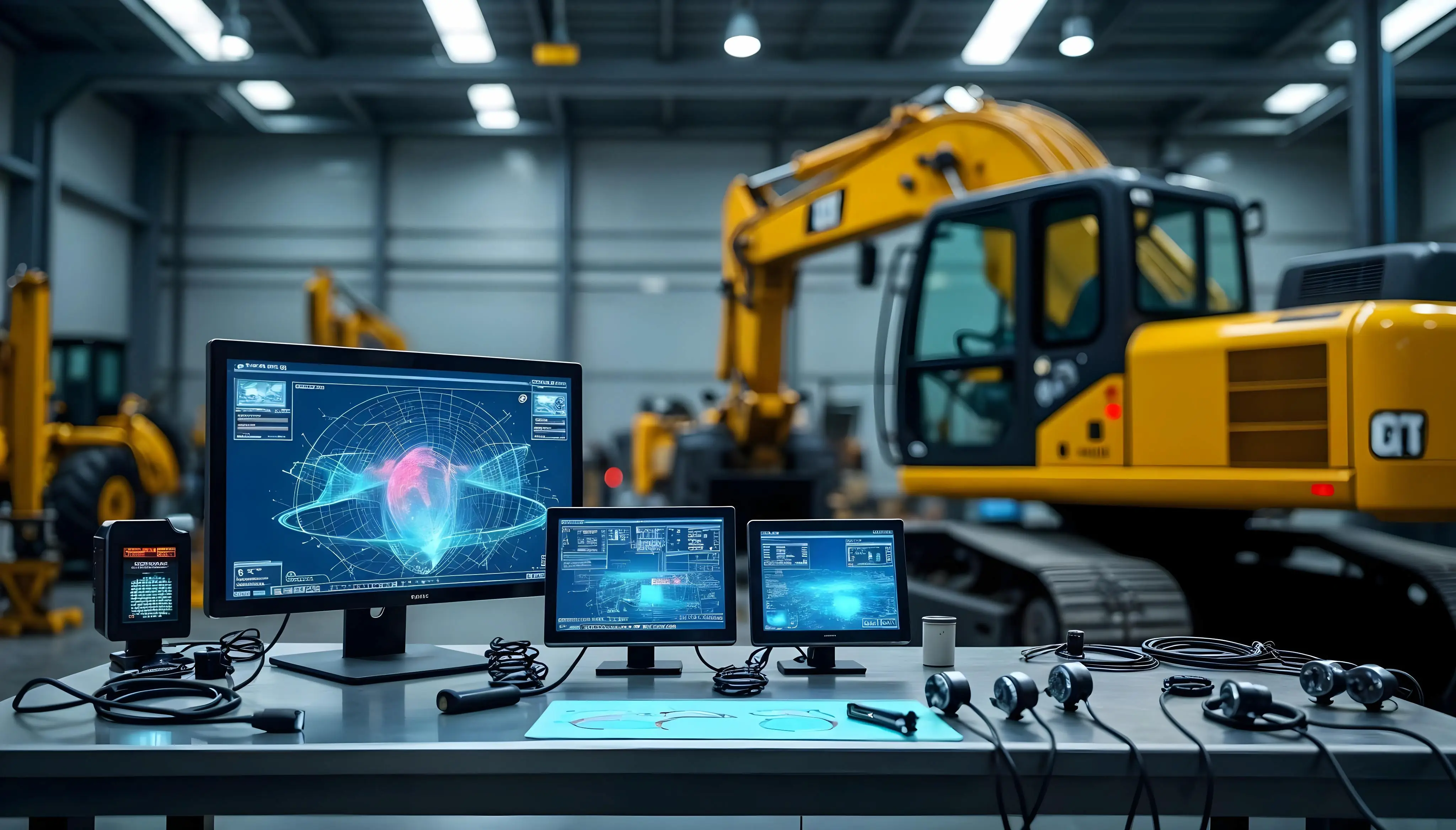
Advanced Heavy Equipment Diagnostic Tools: Ensuring Construction Machinery Quality
Essential Features Your Construction Equipment Inventory System Needs
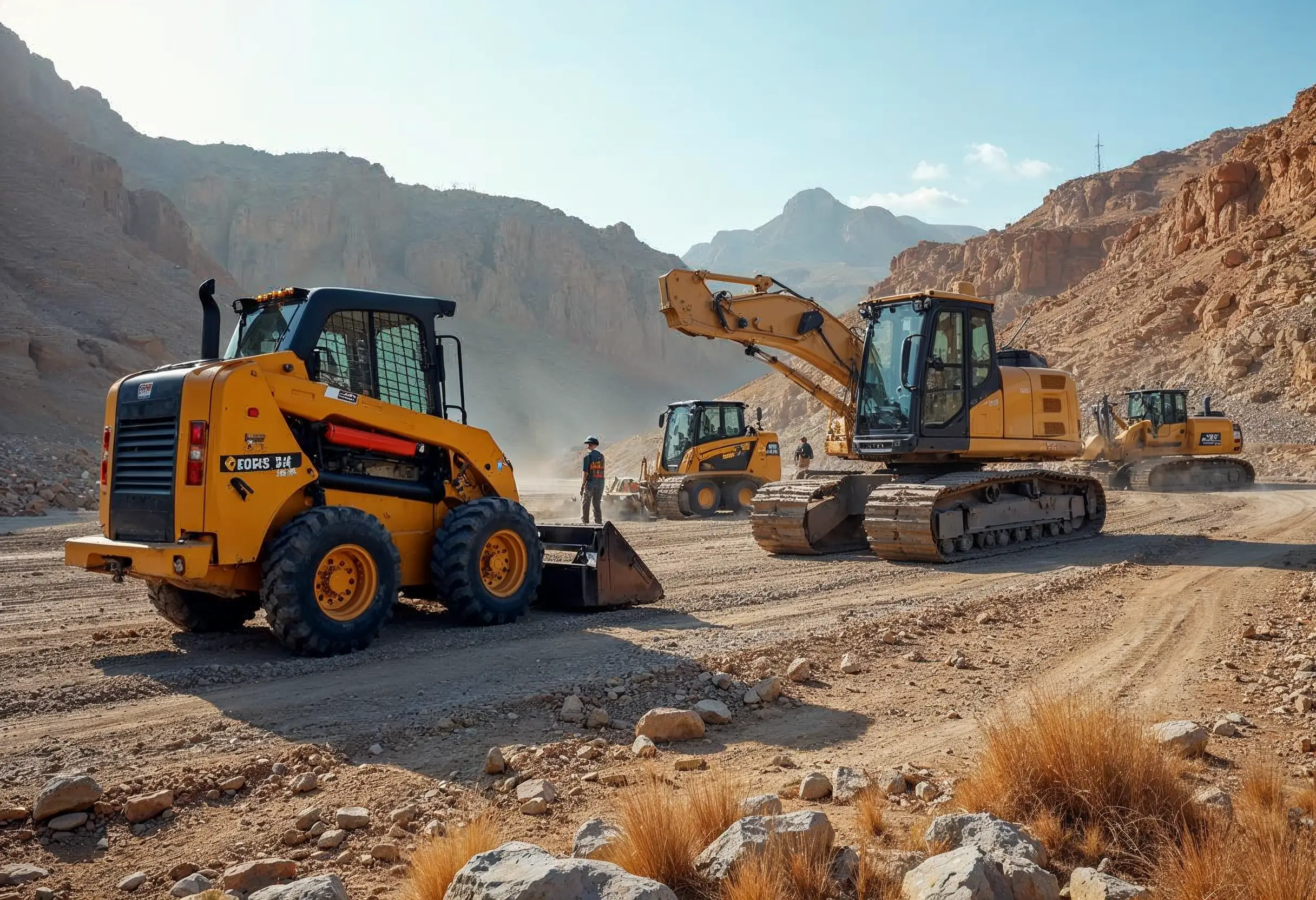
29 Quick Tips for Choosing Construction Equipment for Remote Locations
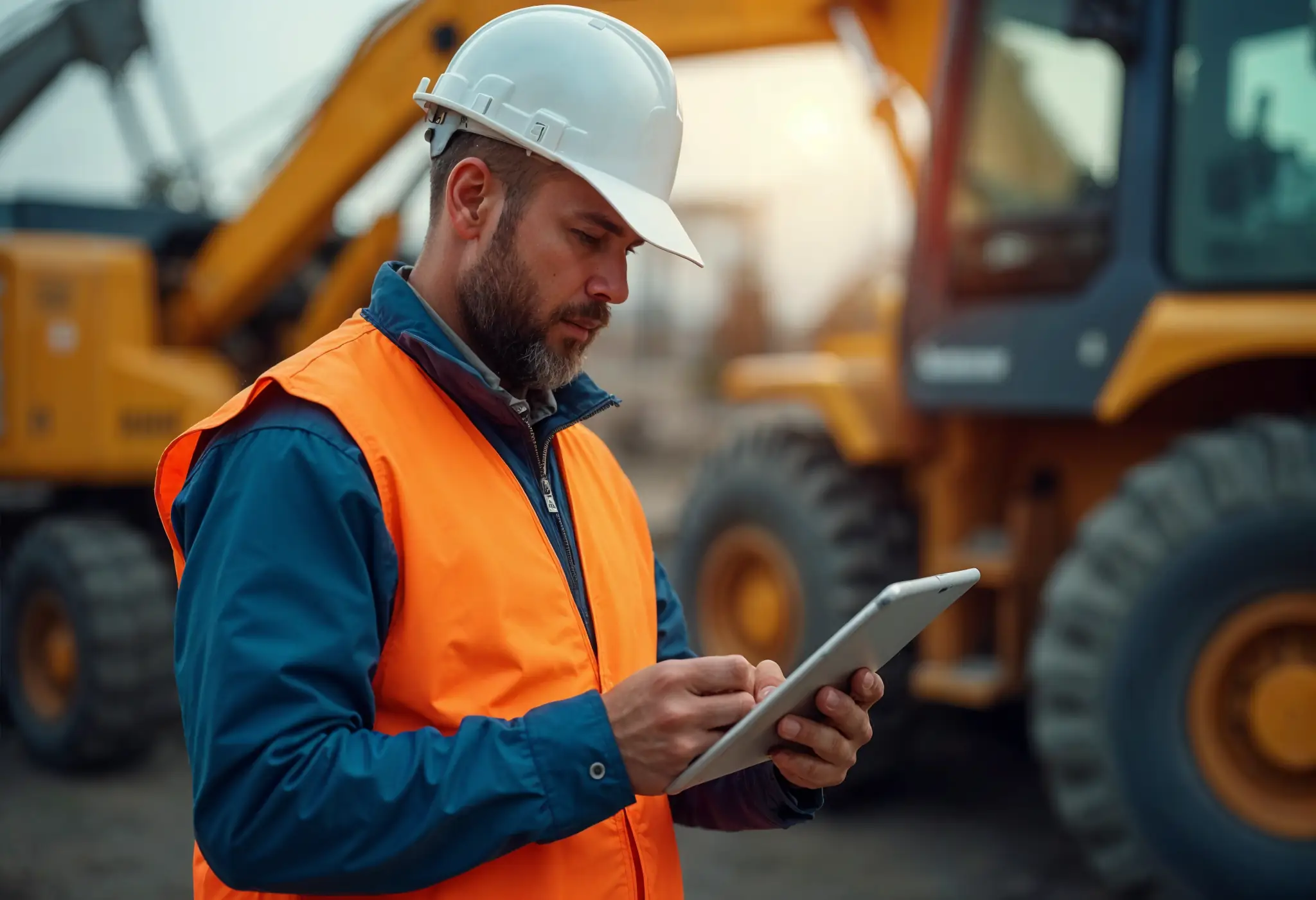
How to Select Construction Machinery with Optimal Equipment Maintenance in Mind
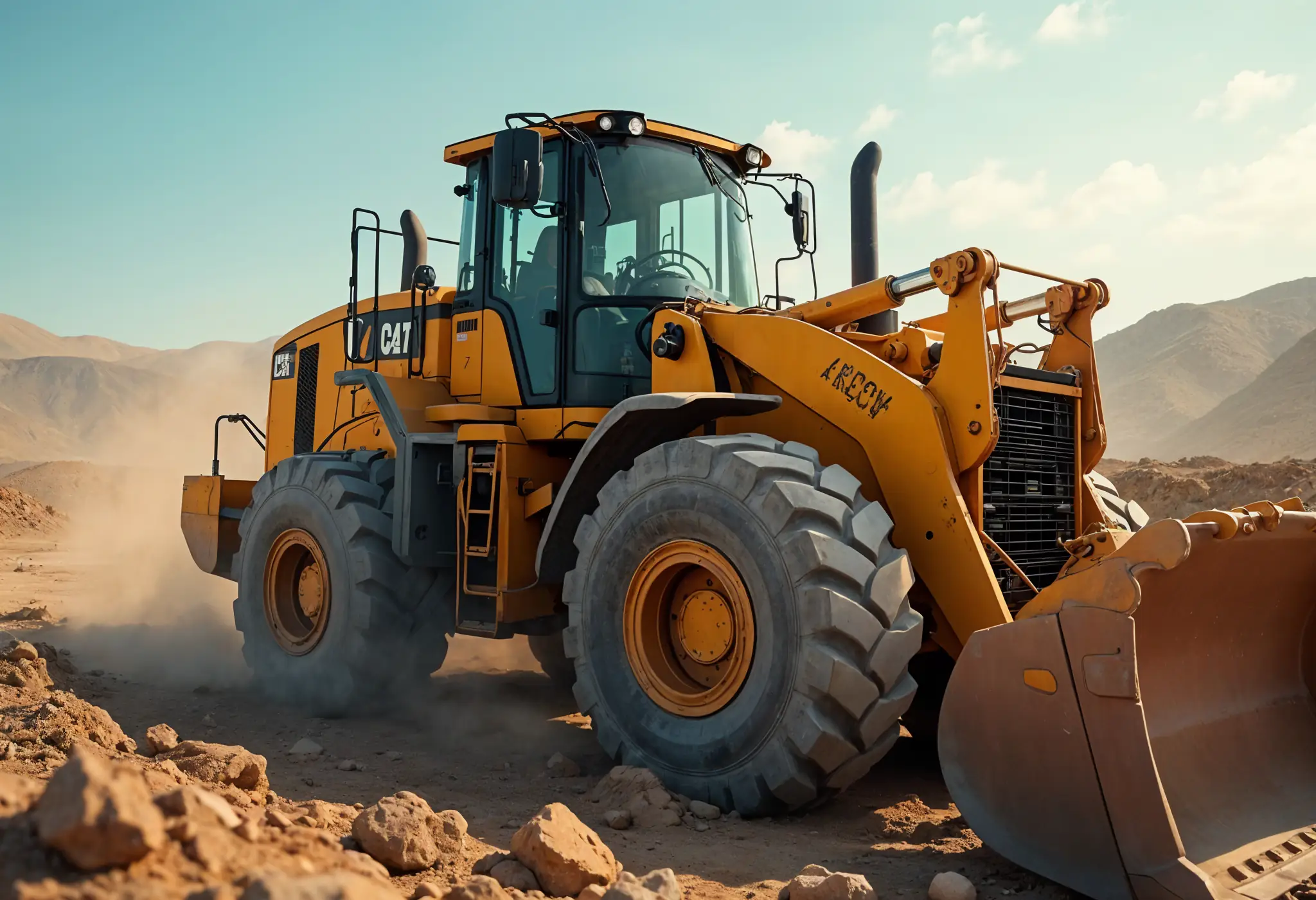
Top 25 Tips for Selecting Bulldozers for Construction Sites
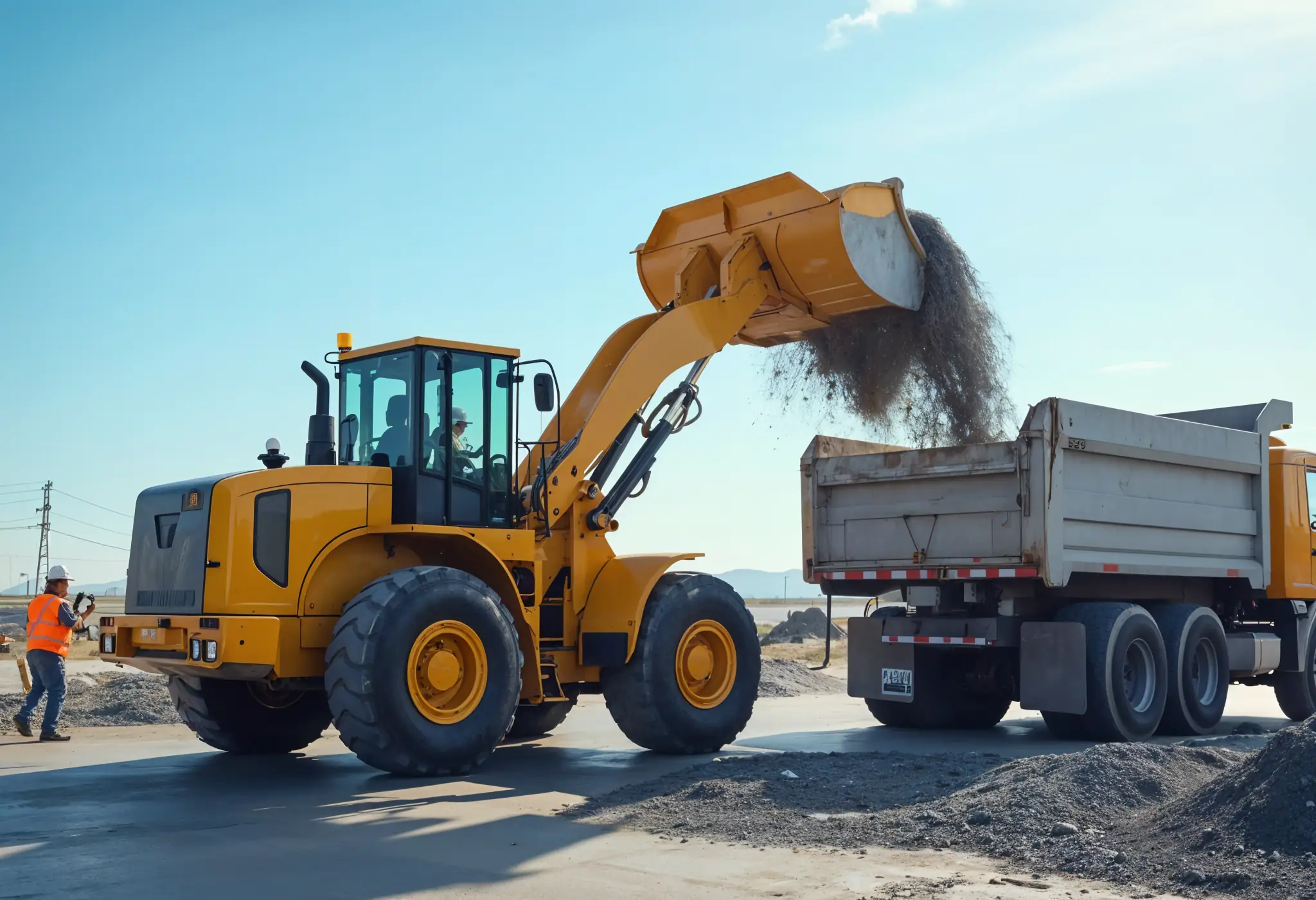
Which Construction Loader is Best for Your Project Needs?

4 Key Steps to Form a Construction Machinery QC Team

15 Essential Tips for Selecting the Perfect Crane for Construction
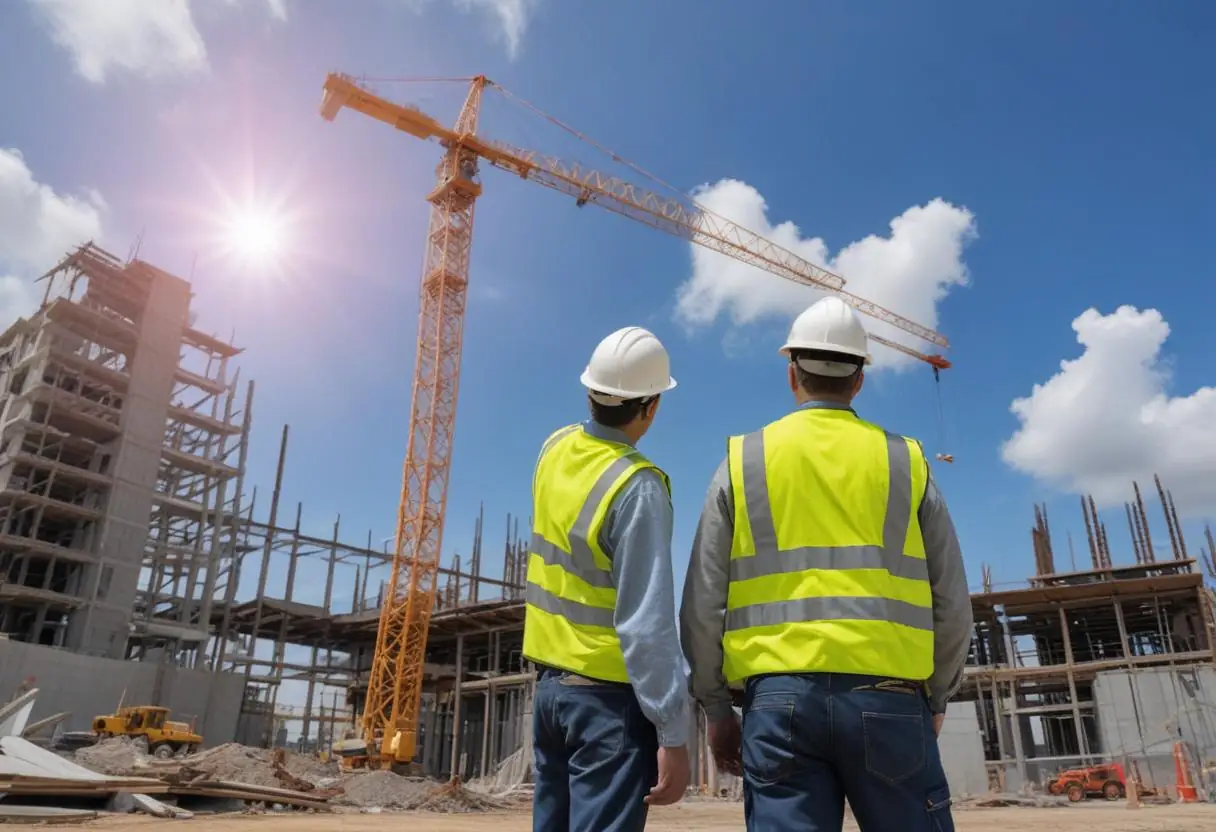
Maximize Savings: Multi-Purpose Construction Machinery for Lower Costs
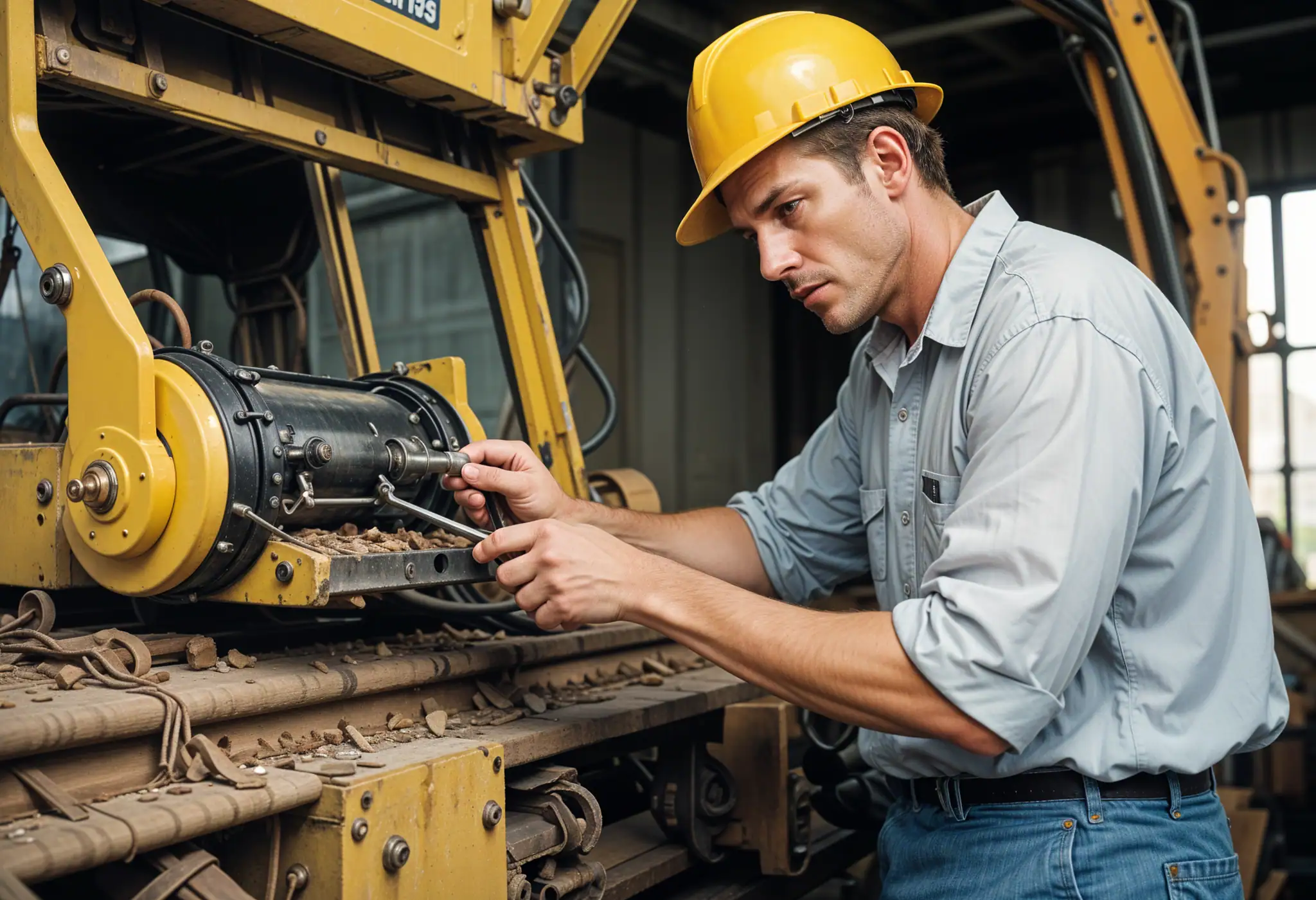
Affordable Heavy Equipment Parts: A Sourcing Guide

Choosing the Right Road Construction Equipment: A Complete Guide
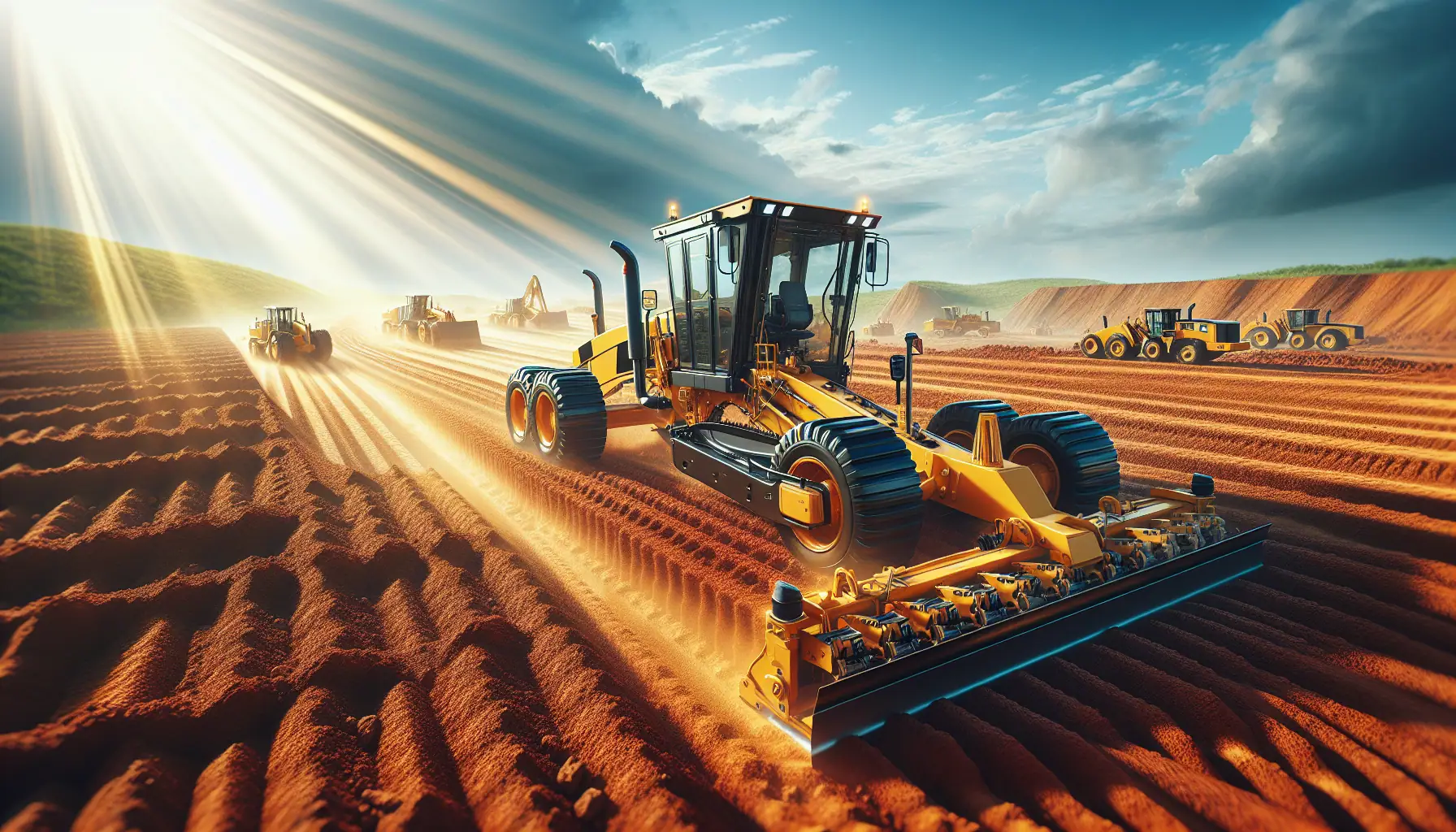
Motor Graders: Key Elements to Consider for Optimal Selection
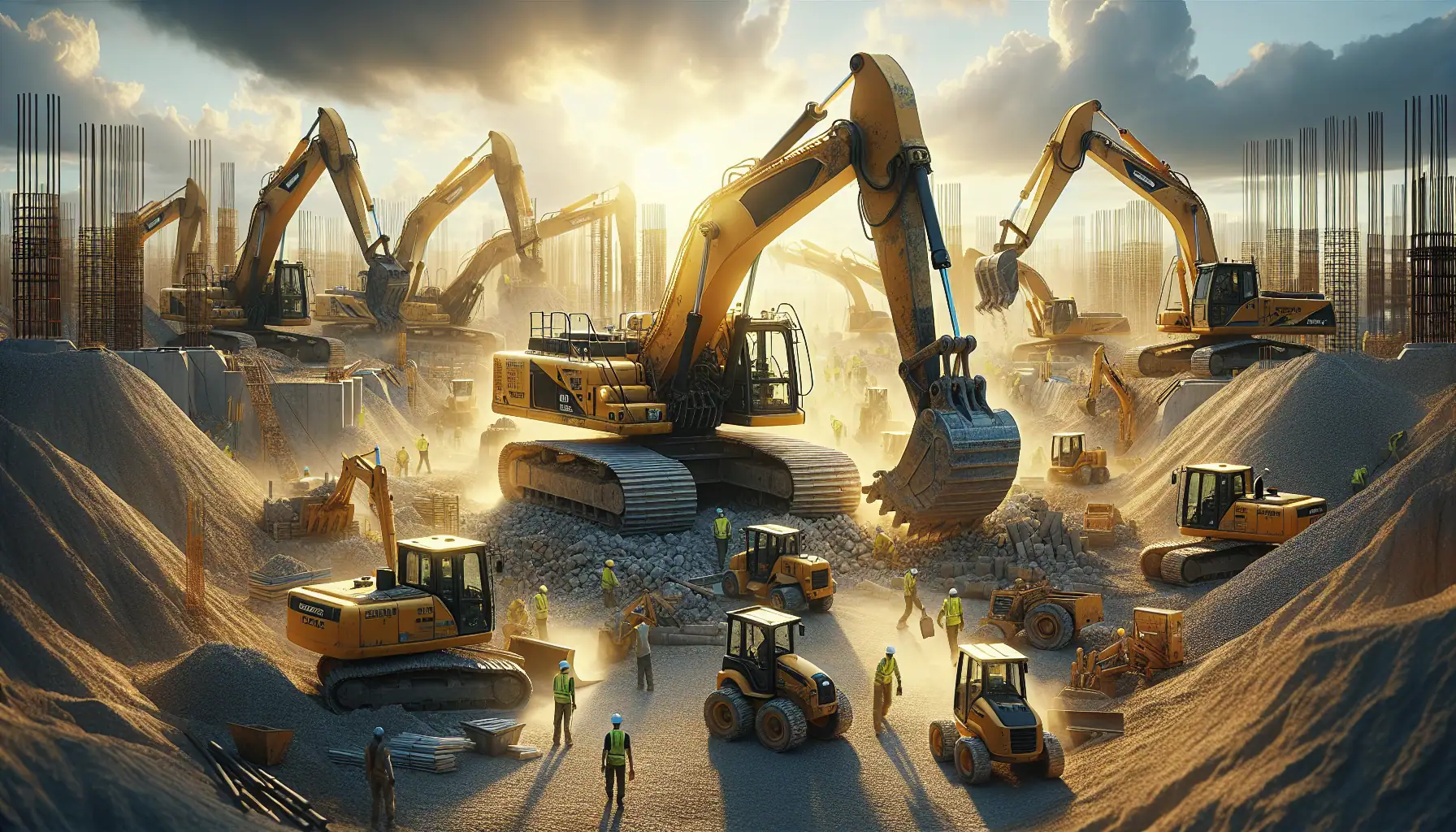
A Detailed Guide to Choosing Excavators for Construction Work
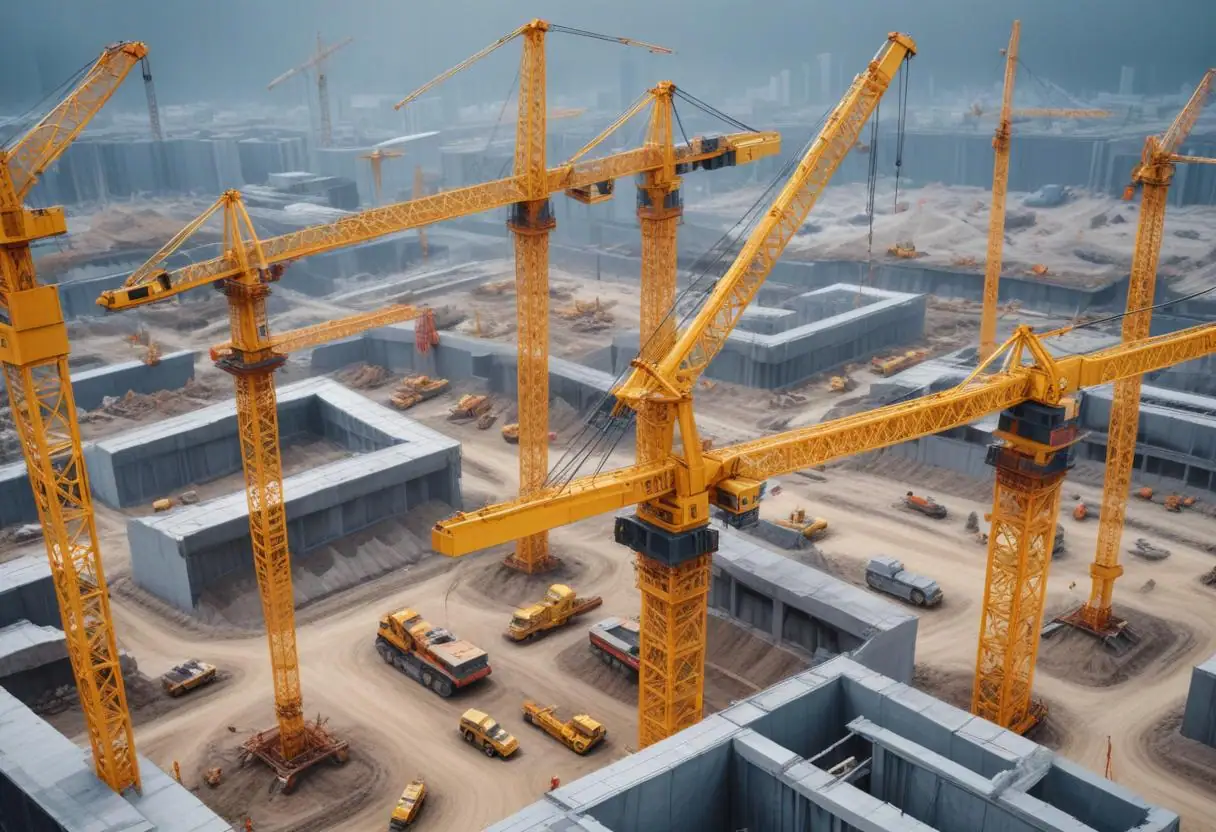
Top Tips for Choosing Cranes for Construction Projects
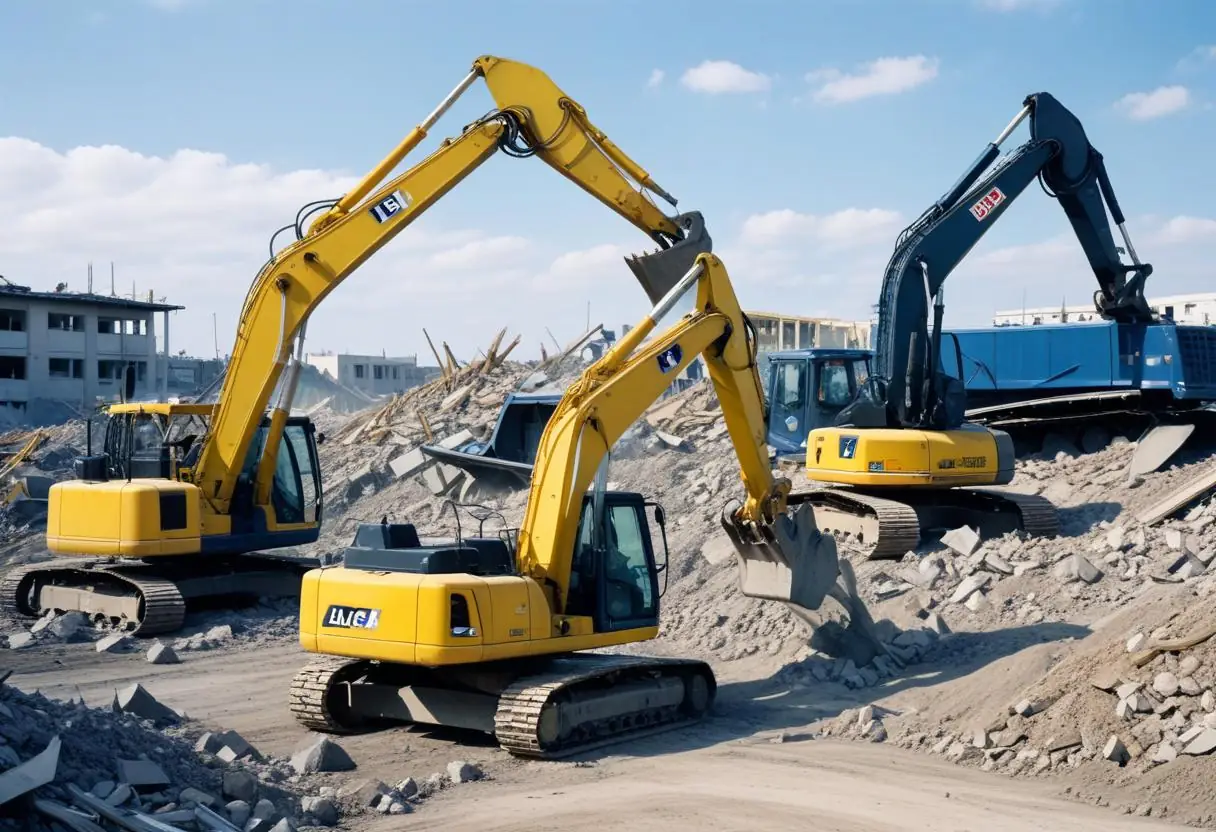
5 Top-Rated Demolition Machines for Construction Professionals
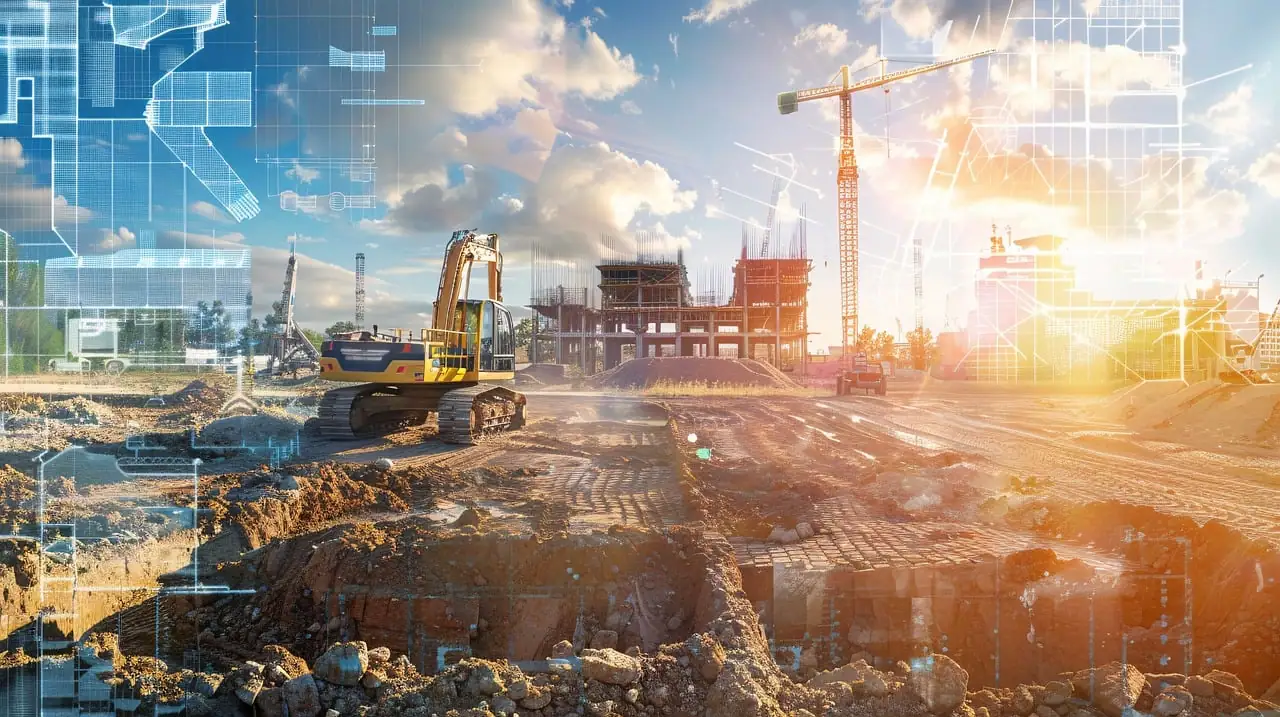
Expert Tips on Choosing Earthmoving Equipment for Large Projects
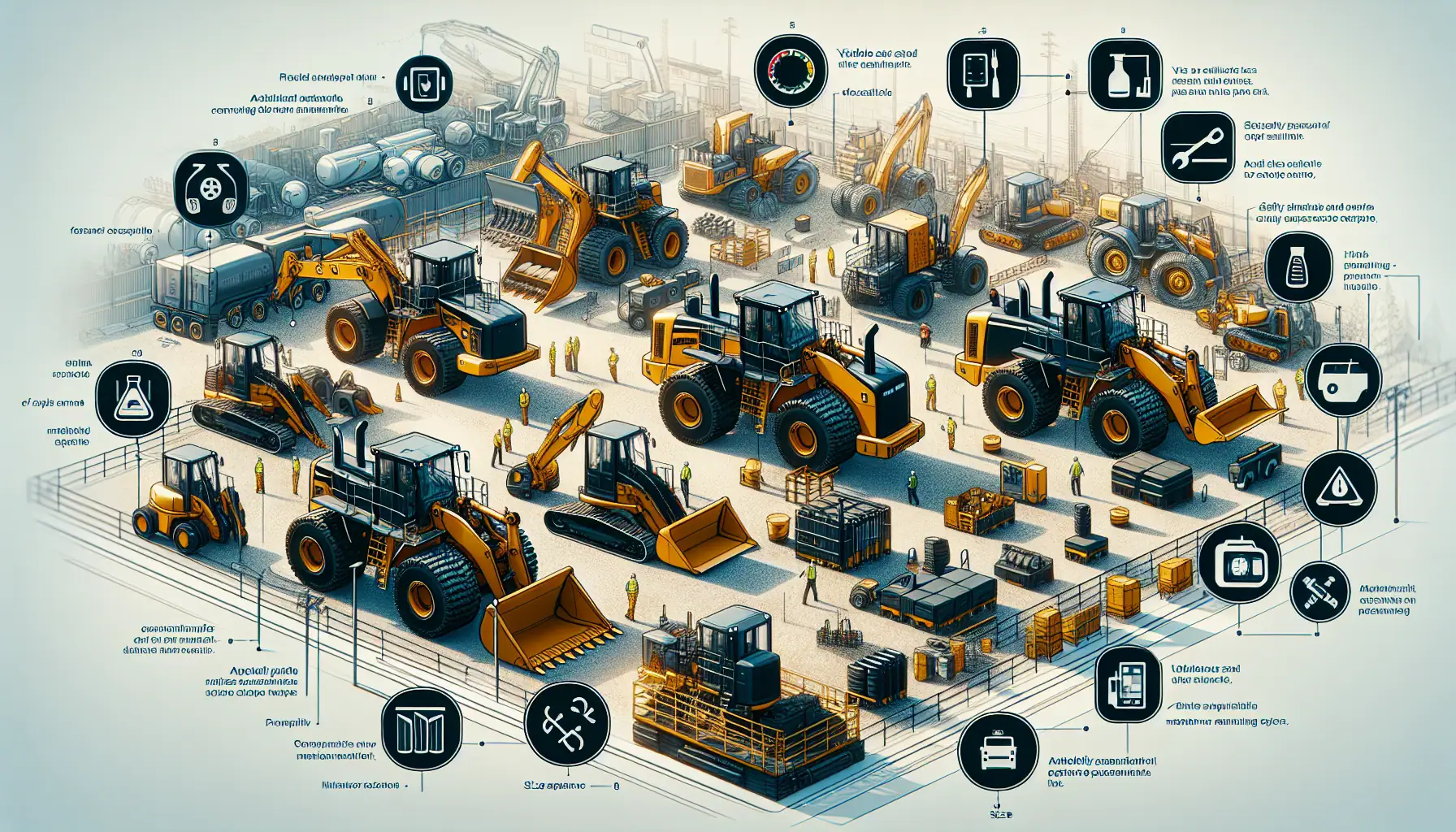
Top Functional Criteria for Selecting Heavy Construction Equipment
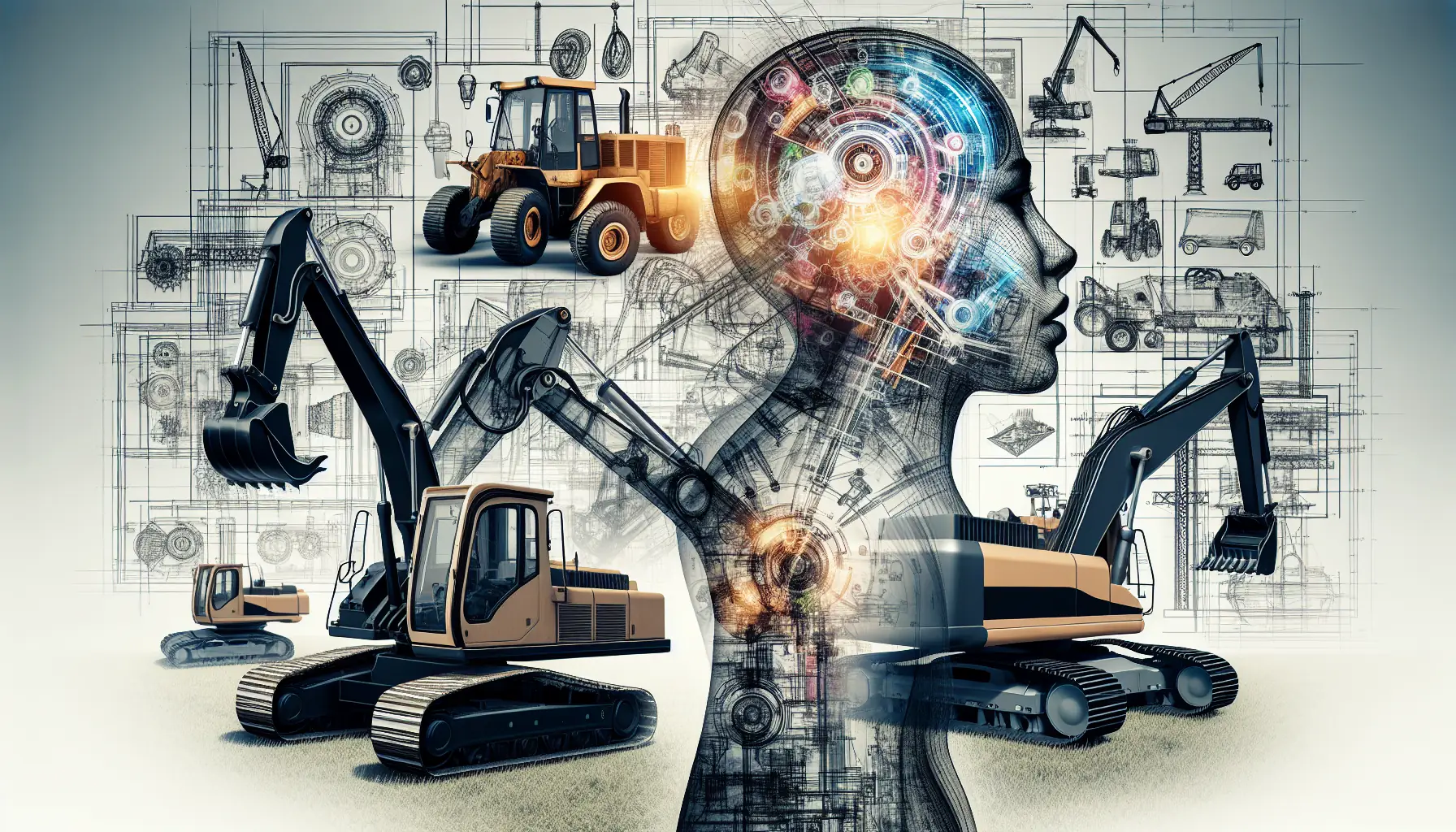
Construction Machinery: Detailed Guide to Equipment Specifications
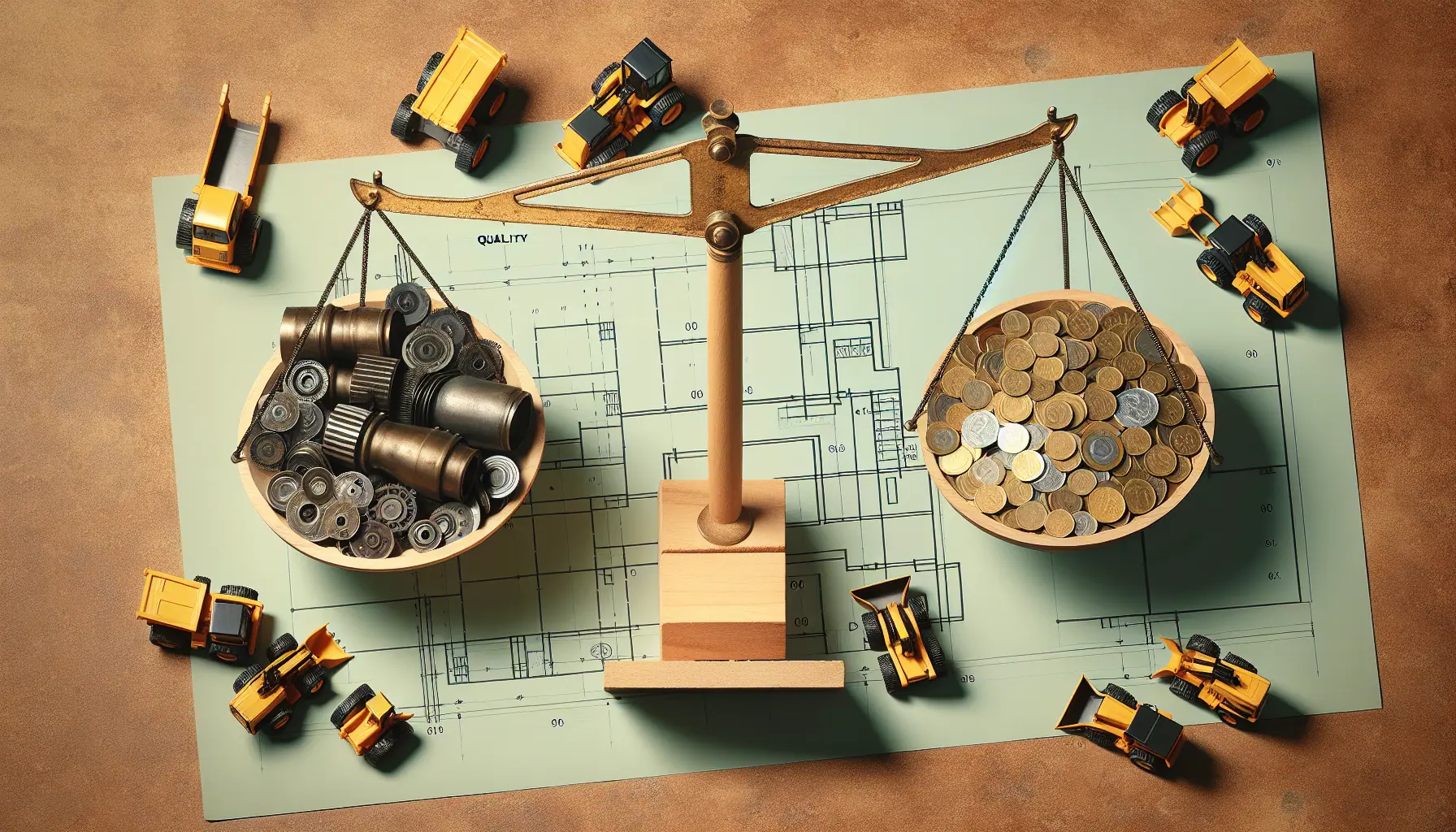
Heavy Machinery Prices: Key Factors in Cost and Quality Balance
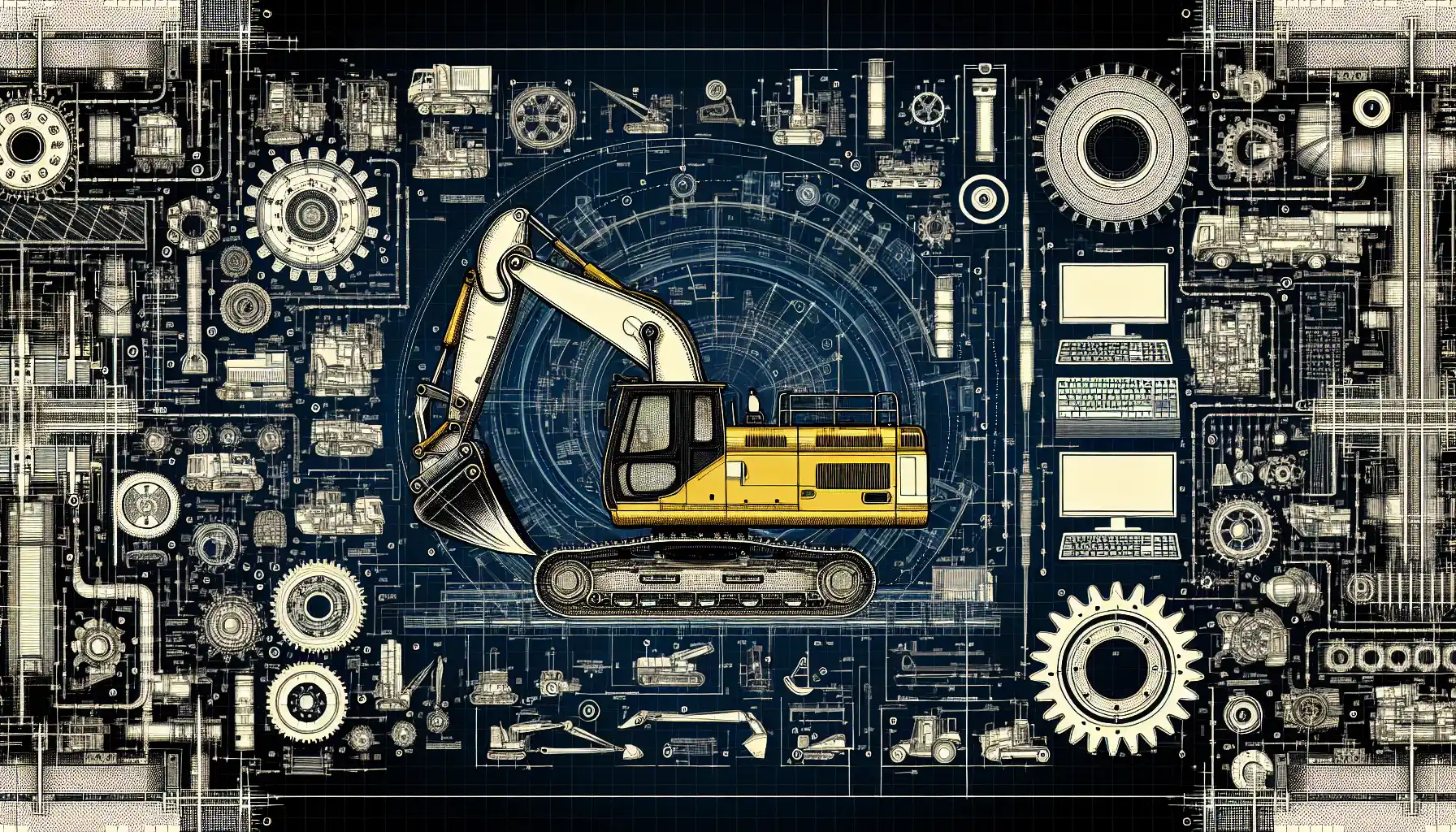
Best Construction Heavy Equipment Brands: Pros and Cons
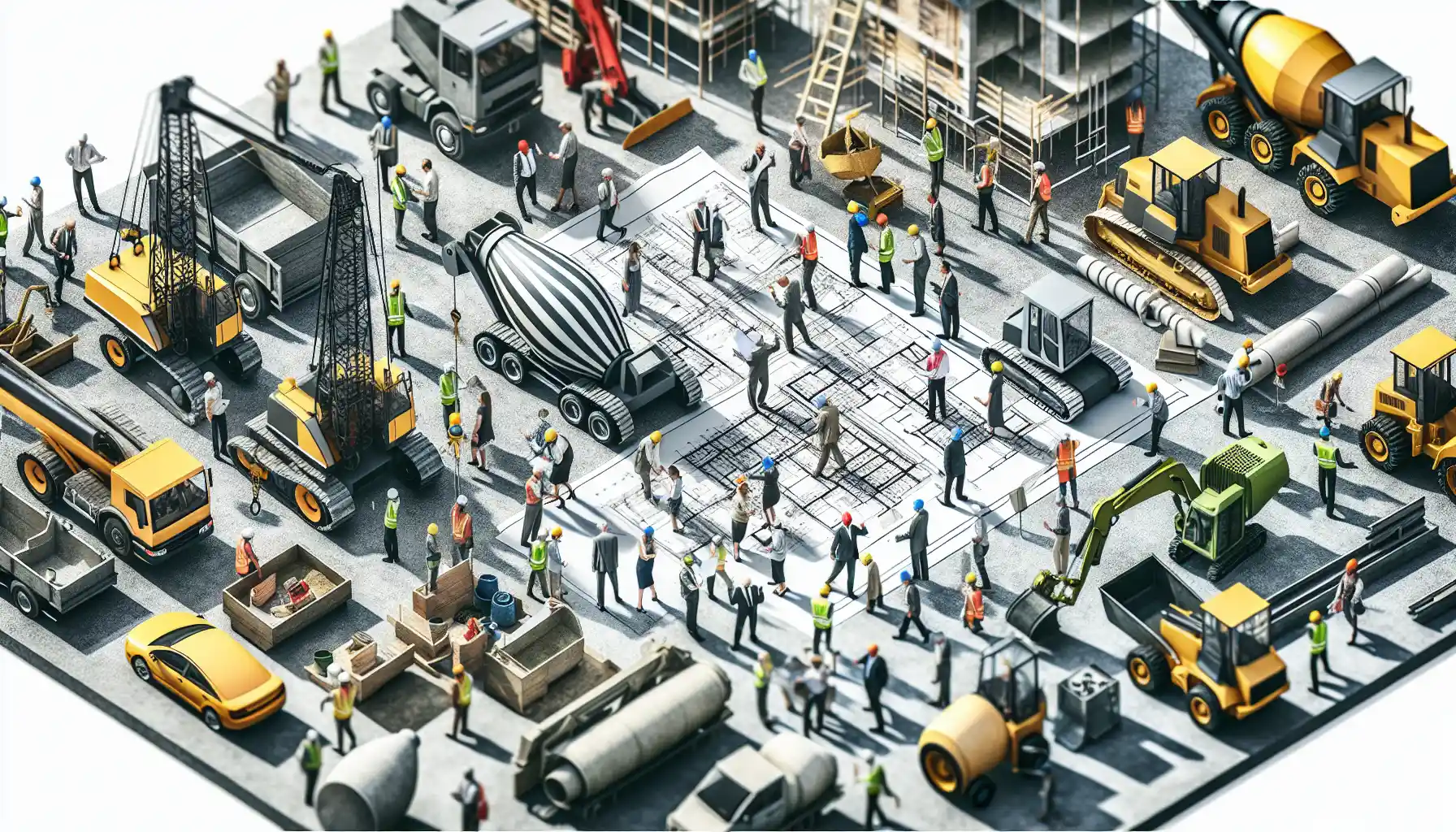
Construction Site Equipment: How to Determine Your Requirements
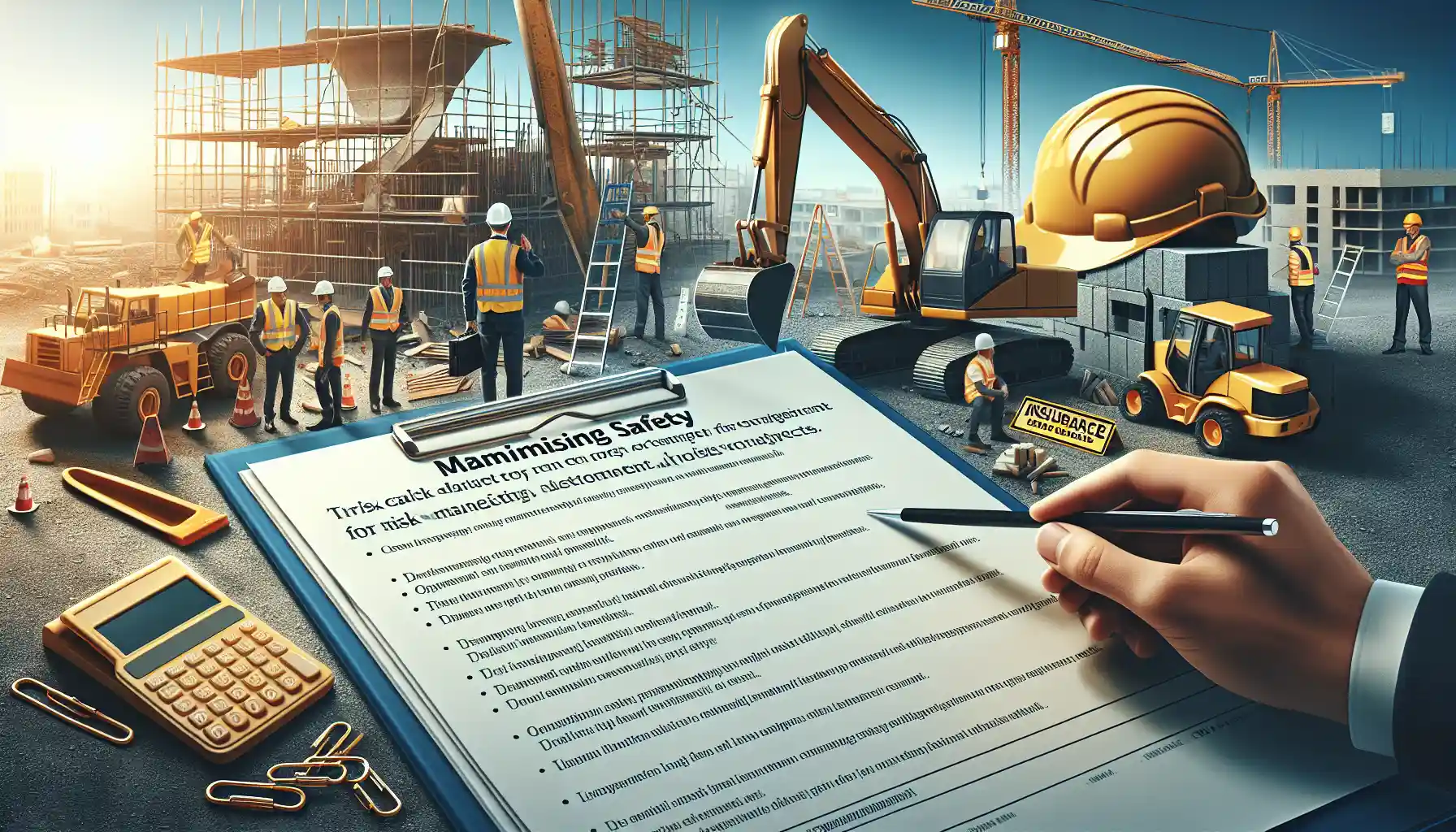
Maximizing Safety: Risk Management for Construction Projects

Innovations in Construction: Transforming Machinery and Equipment
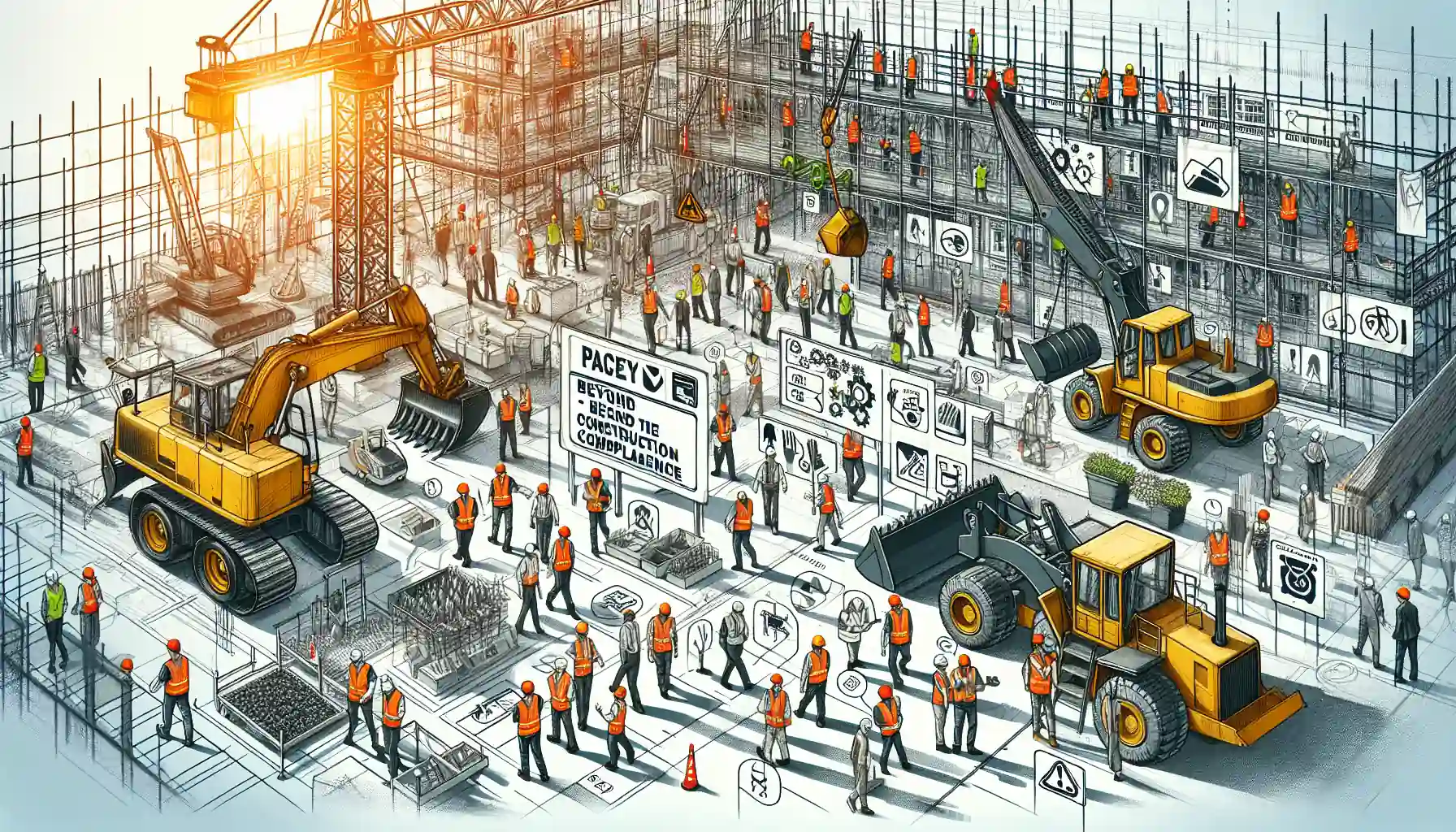
Heavy Equipment Safety: Beyond the Basics in Construction Compliance
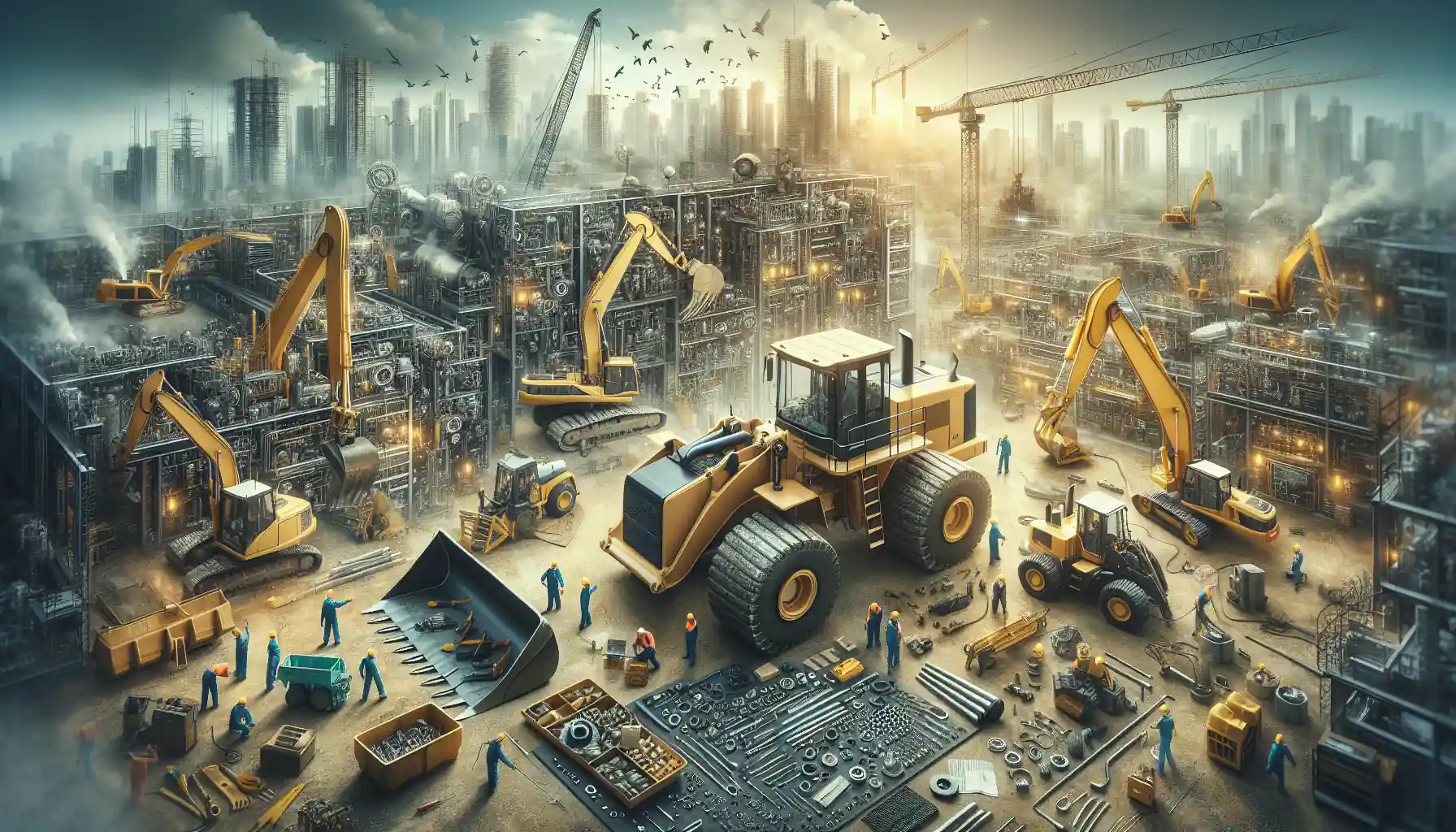
The Essential Handbook for Construction Equipment Repair and Maintenance

How to Efficiently Source Oil and Gas Machinery Parts in NYC

Essential Guide to Sourcing Agriculture Equipment Parts
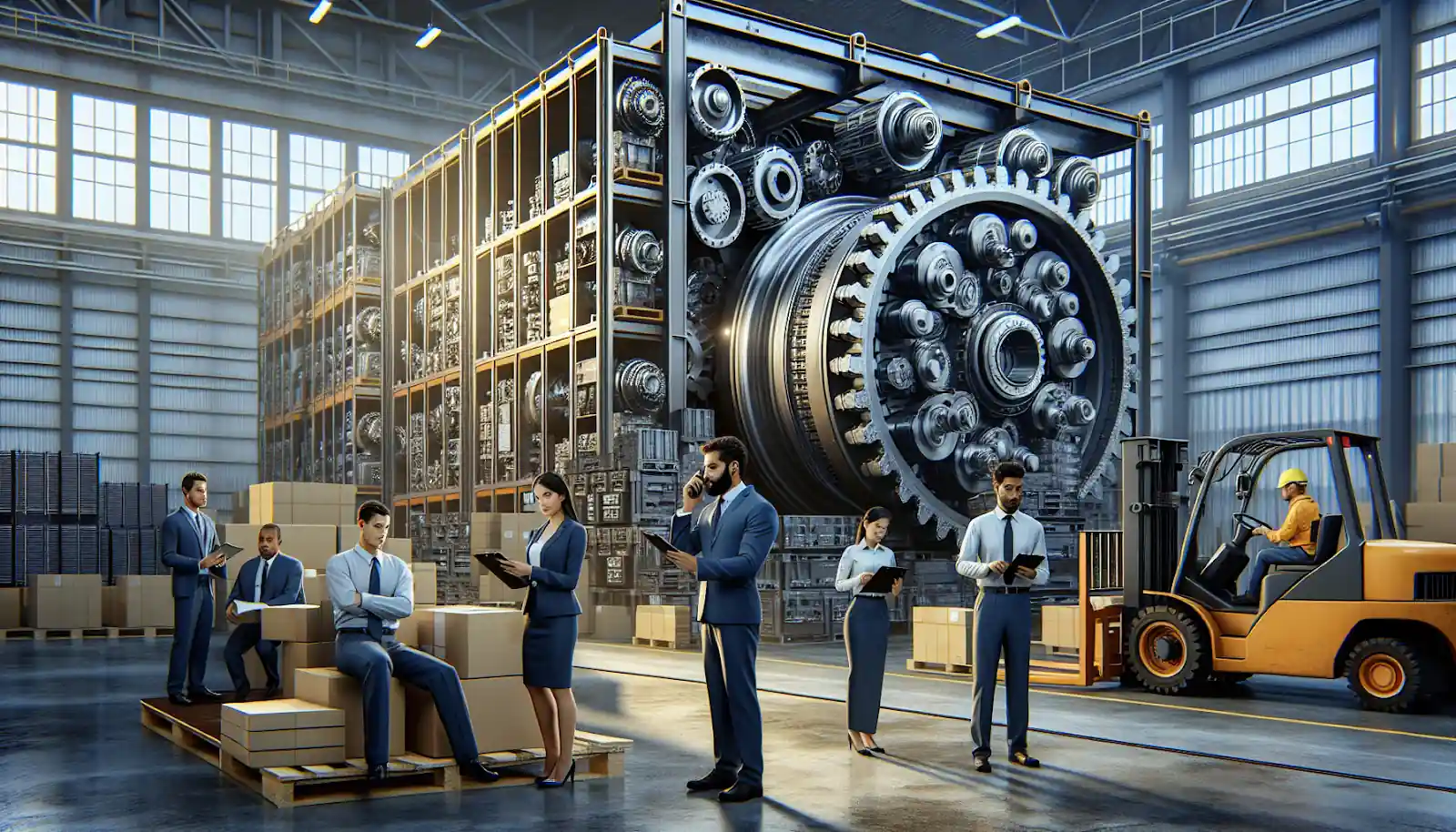
How to Source Mining Machinery Parts: Tips and Strategies
